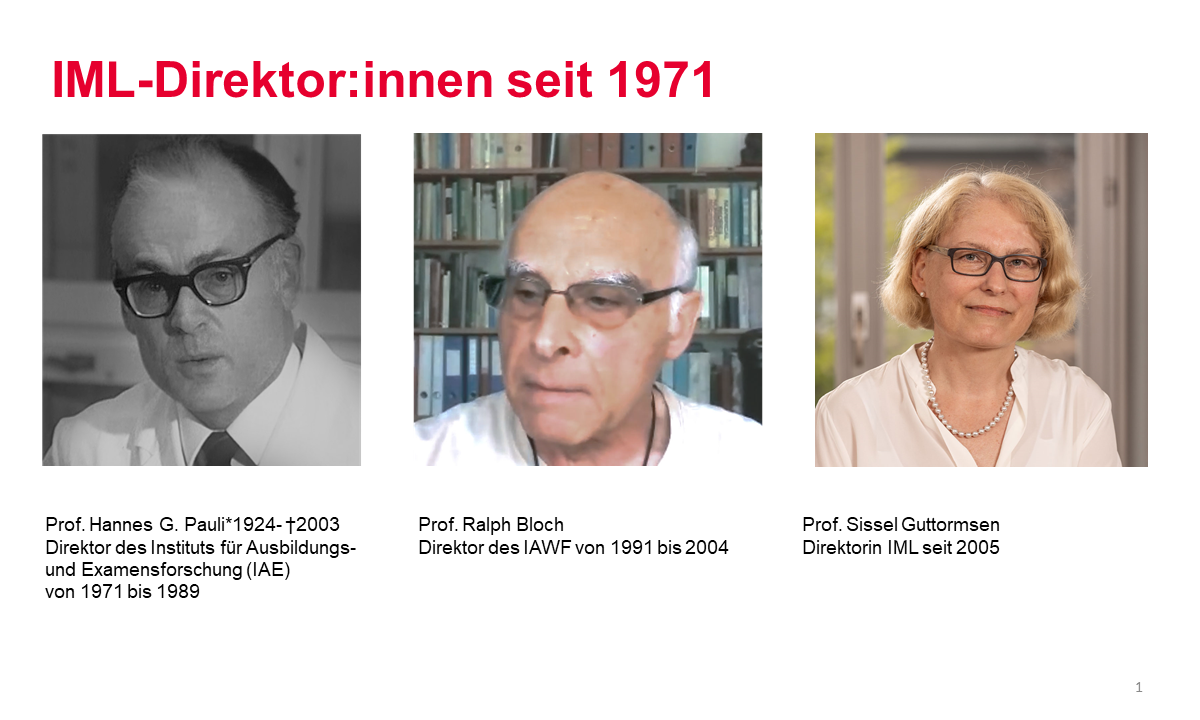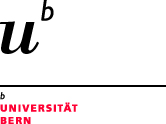At the symposium, experts discussed developments, opportunities and challenges in medical training, provided insights and outlooks from Switzerland and abroad and ventured a look into the future of medical studies. After the opening by the IML Director and a welcome address by the Dean of the Faculty of Medicine Bern, Prof. Claudio Bassetti, the speakers Prof. Steffen Eychmüller, Prof. Henri Bounameaux and Lenja Flütsch provided spotlights from the areas of teaching staff, national organisation and students.
The symposium took place in a historic setting, namely the former vonRoll factory (now vonRoll University). Like the IML, the building has undergone a major transformation: From a foundry where printing discs were produced - to a hub for knowledge. Director Prof Sissel Guttormsen, who hosted the symposium together with Dr. Felix Schmitz, Head of Group Research at the ASCII department, sums it up in a nutshell:
With a multi-track historical reappraisal, we have succeeded in understanding and presenting the institute as a continuum between its beginnings and today's IML.
Opening and spotlight
-
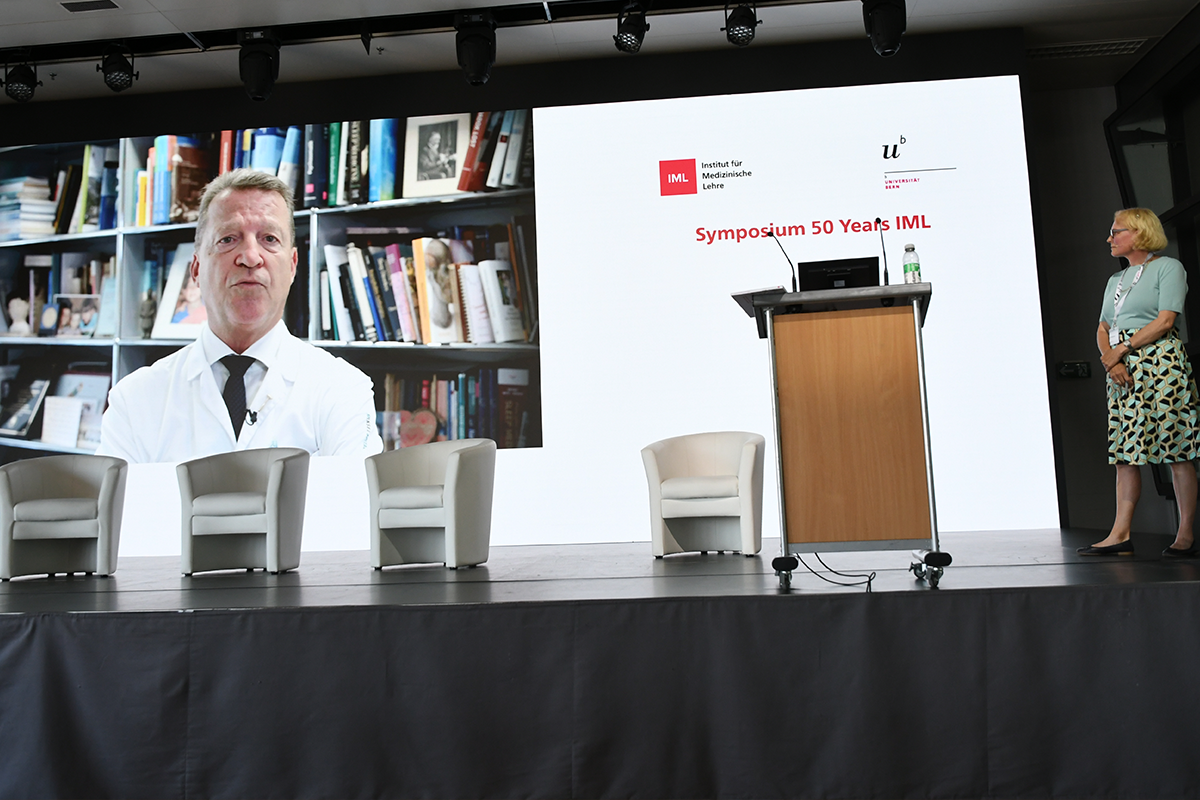
Greeting message via video by Prof Claudio Bassetti, Dean of the Faculty of Medicine Bern, Images © 2023, IML -
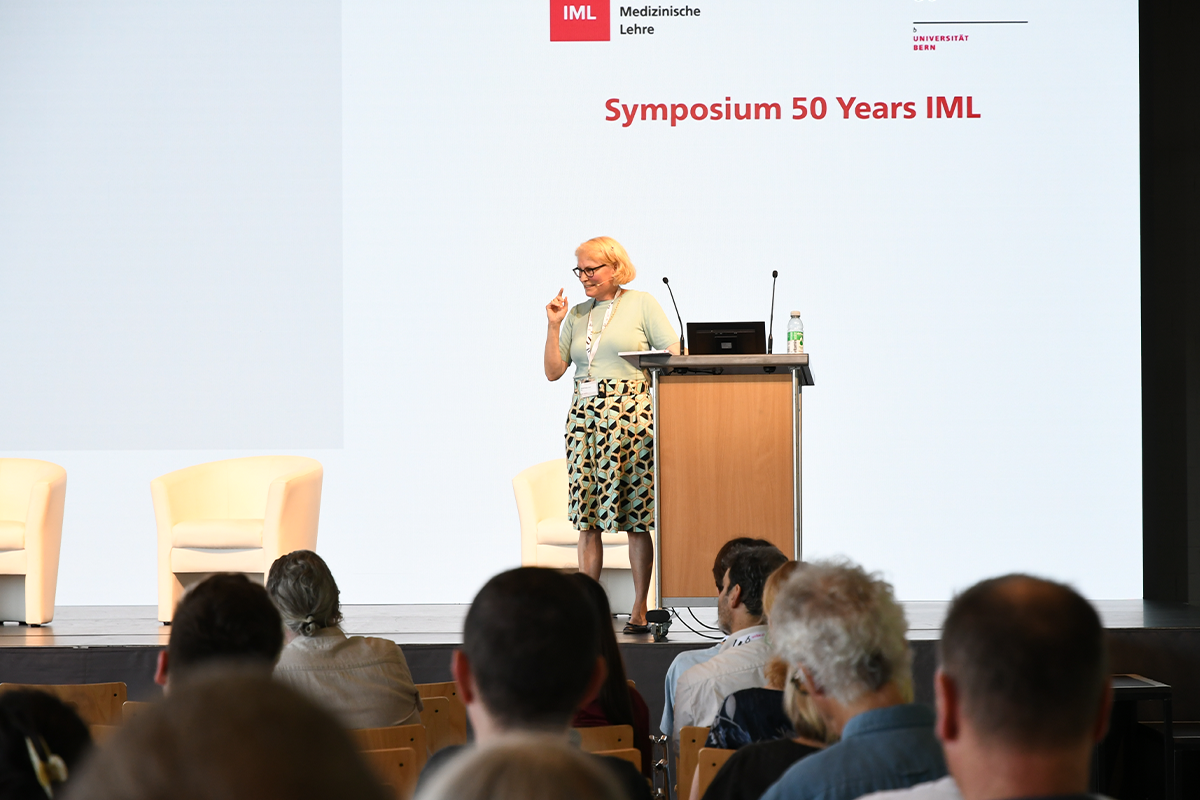
Opening by the conference president and IML director Prof Sissel Guttormsen -
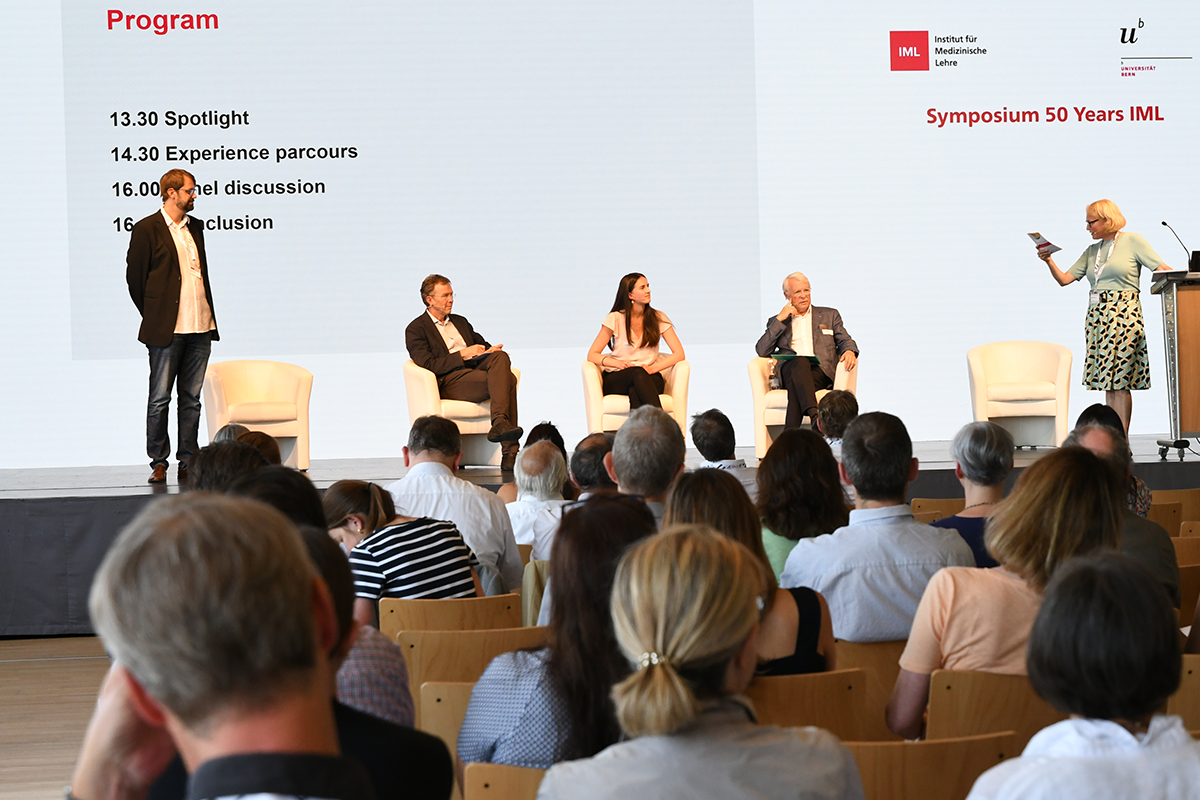
Co-moderation Spotlight with Dr. Felix Schmitz (left) -
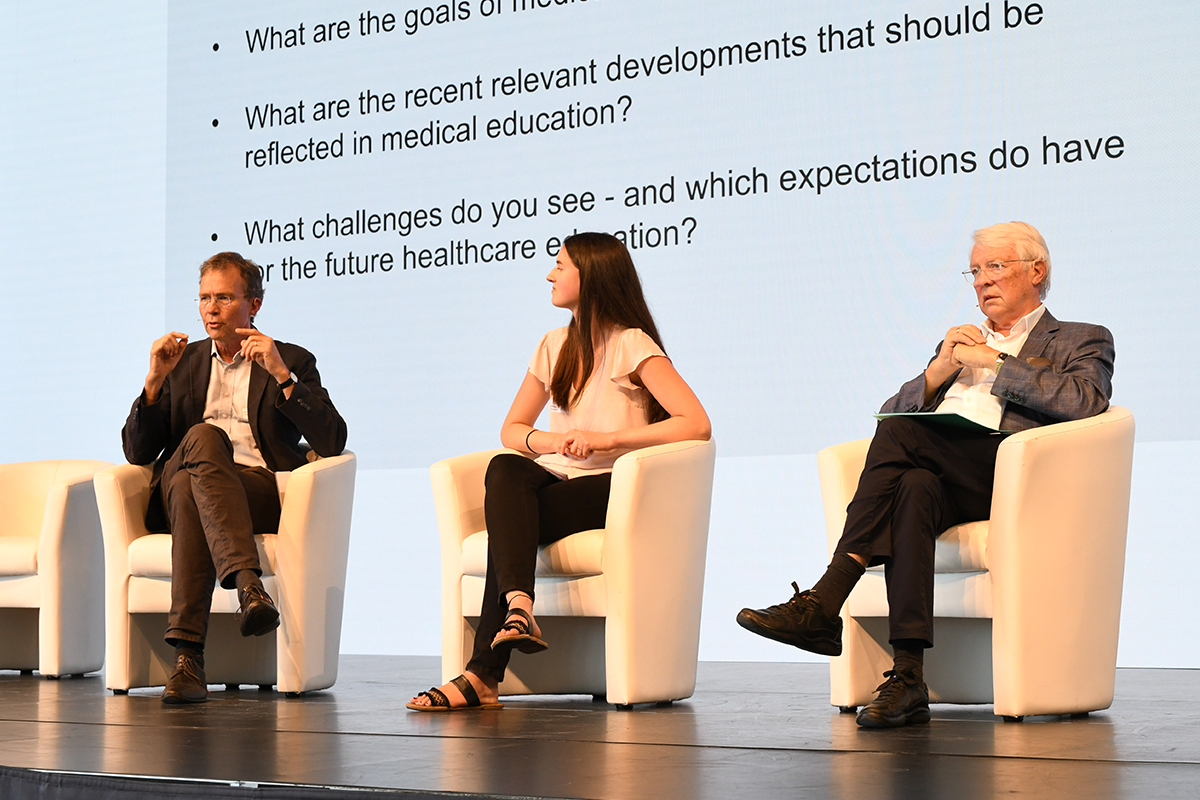
Spotlights by Steffen Eychmüller, Lecturer, Chief Physician, University Clinic for Radio Oncology and Head of the University Centre for Palliative Care, Inselspital, Lenja Flütsch, Medical Student, Bern and Henri Bounameaux, President, Swiss Academy of Medical Sciences, SAMS/SAMW -
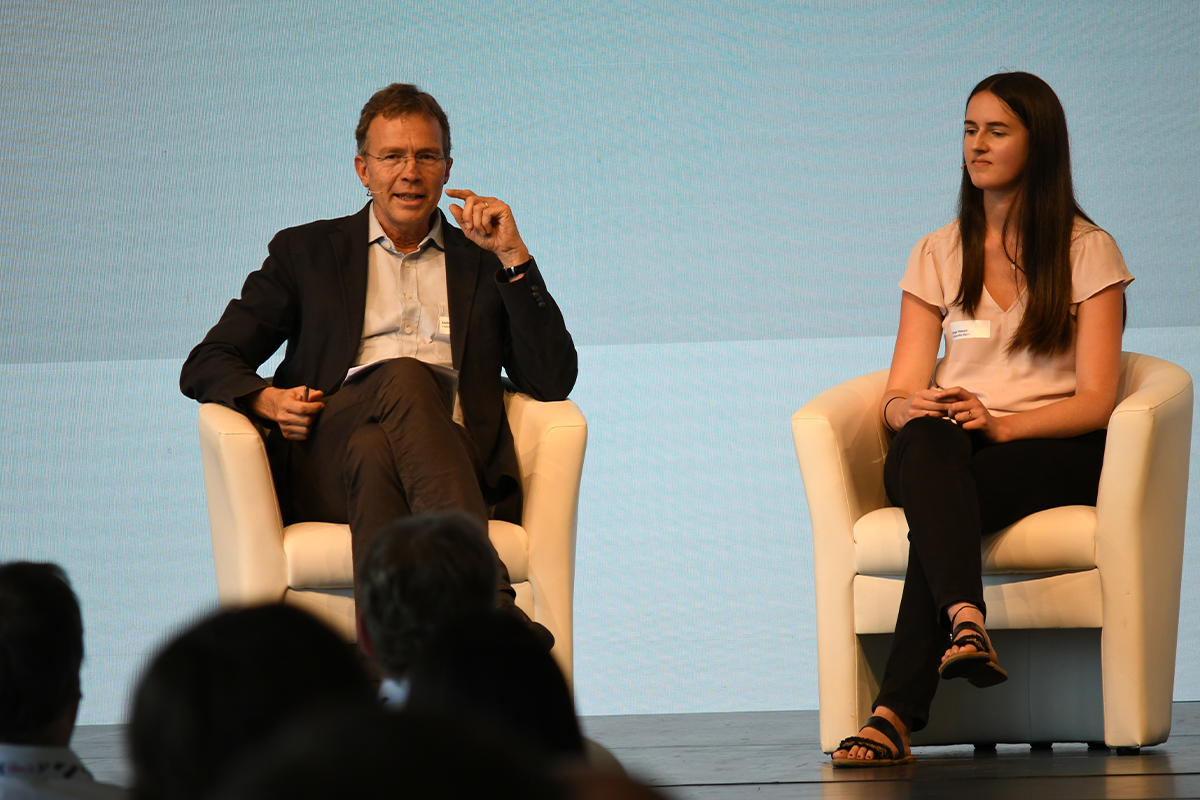
-
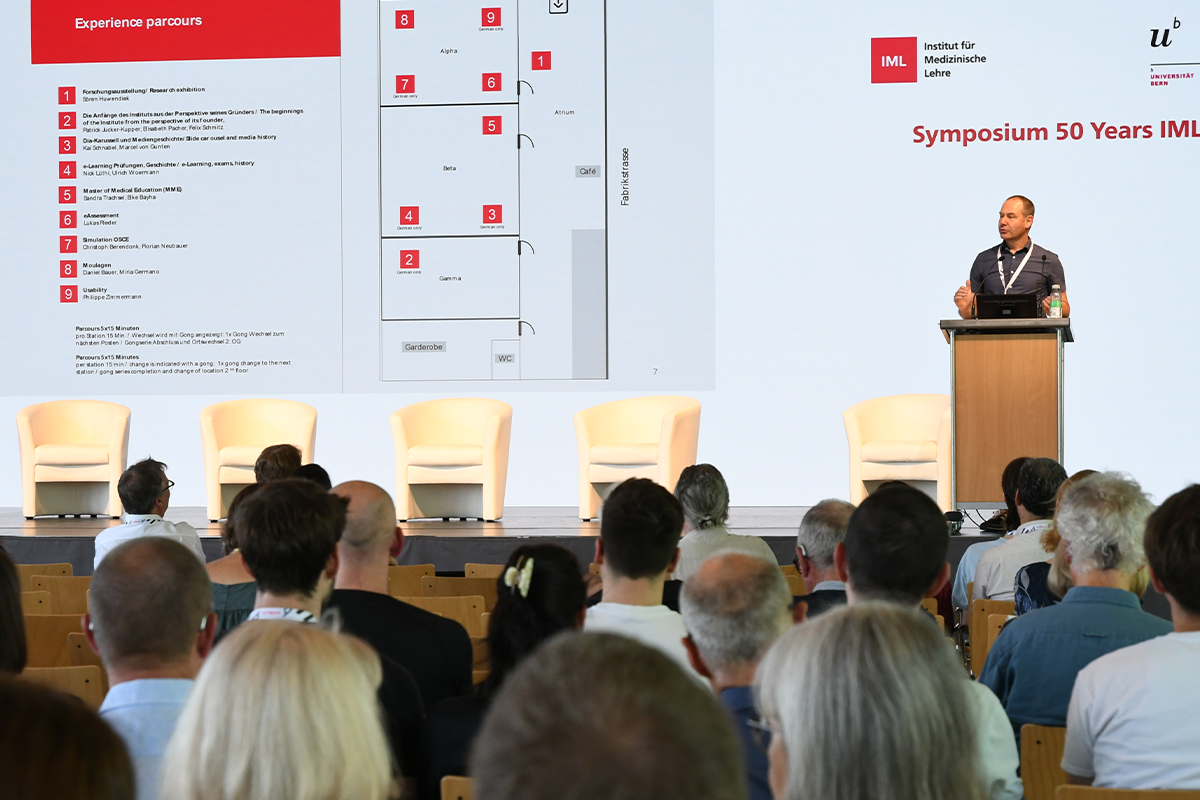
Procedure of the experience course; information from PD Dr. Christoph Berendonk
Practical Experience
A practical parcous with 9 stations gave visitors and IML employees an insight into current and past IML activities:
- The beginnings: A "live" reading with excerpts from the memoirs of IAE director and founder of the institute (forerunner of today's IML) Prof Hannes Pauli (poster biography), revived the early days of the institute and study planning (poster STPL). (see info box on the right/link podcasts to the reading)
- Media history: From the slide carousel to web-based learning programmes showed the development of learning media from the origins of the Visaudio set with teaching videos or slides with sound to the first e-learning programmes with laser discs, to today's modern e-learning programmes.
- Learning media: The remarkable technological evolution of electronic learning media over the past decades was illustrated and shown by means of in-house productions (MedSurf in DE)
- Simulation OSCE: A concrete case with a simulation patient in combination with moulages, so-called artificial wounds, showed the use and importance of simulation in medical studies
- Medical didactics: Insights into innovative teaching methods were provided by the part-time medical didactics MAS programme MME Bern
- eAssessment: At this station, visitors will find out how IML eAssessment tools simplify the examination process for students and lecturers and what role intuitive operation ("usability") plays
- A research exhibition showed selected PhD research papers in the form of posters and IML research topics from the last decades
- Moulages: We vividly demonstrated the role that moulages can play in simulations and the added value they offer.
- Usability: What do we actually mean by "usability" and "user experience"? How can you develop a product that is intuitive to use? Overview of stations
-
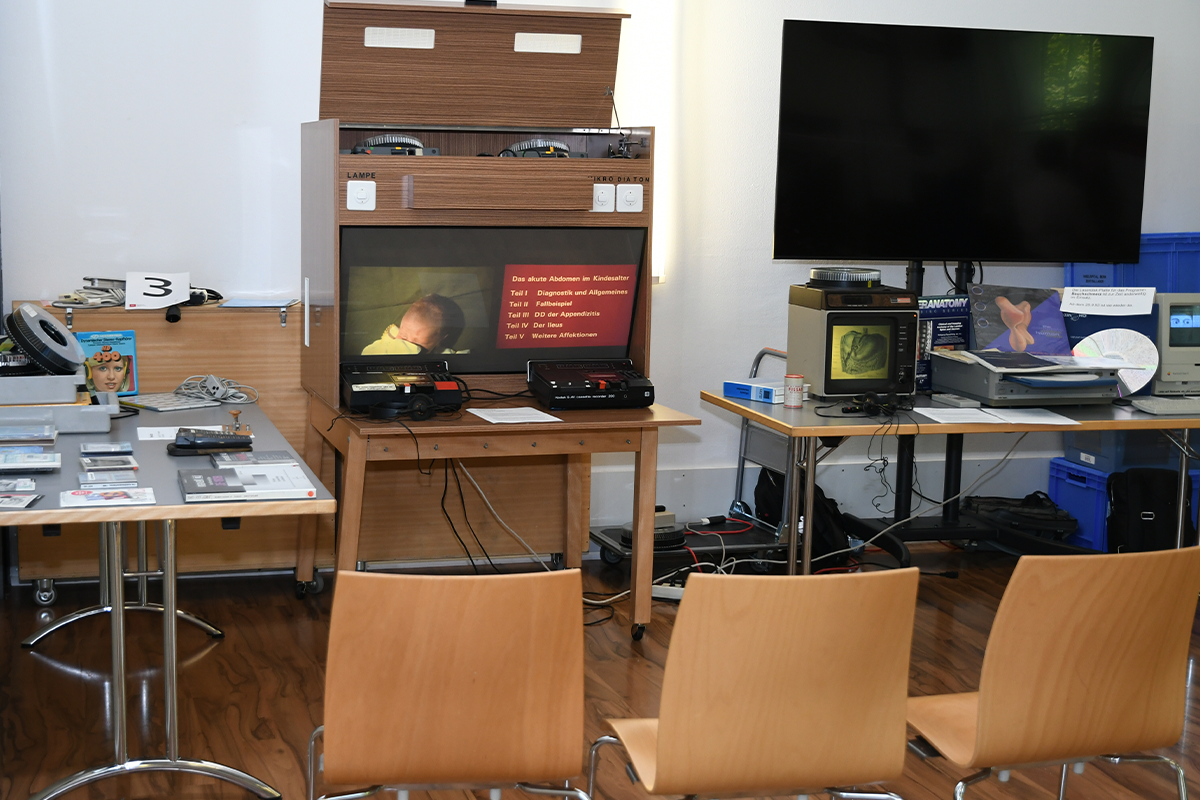
Media history and slide carousel -
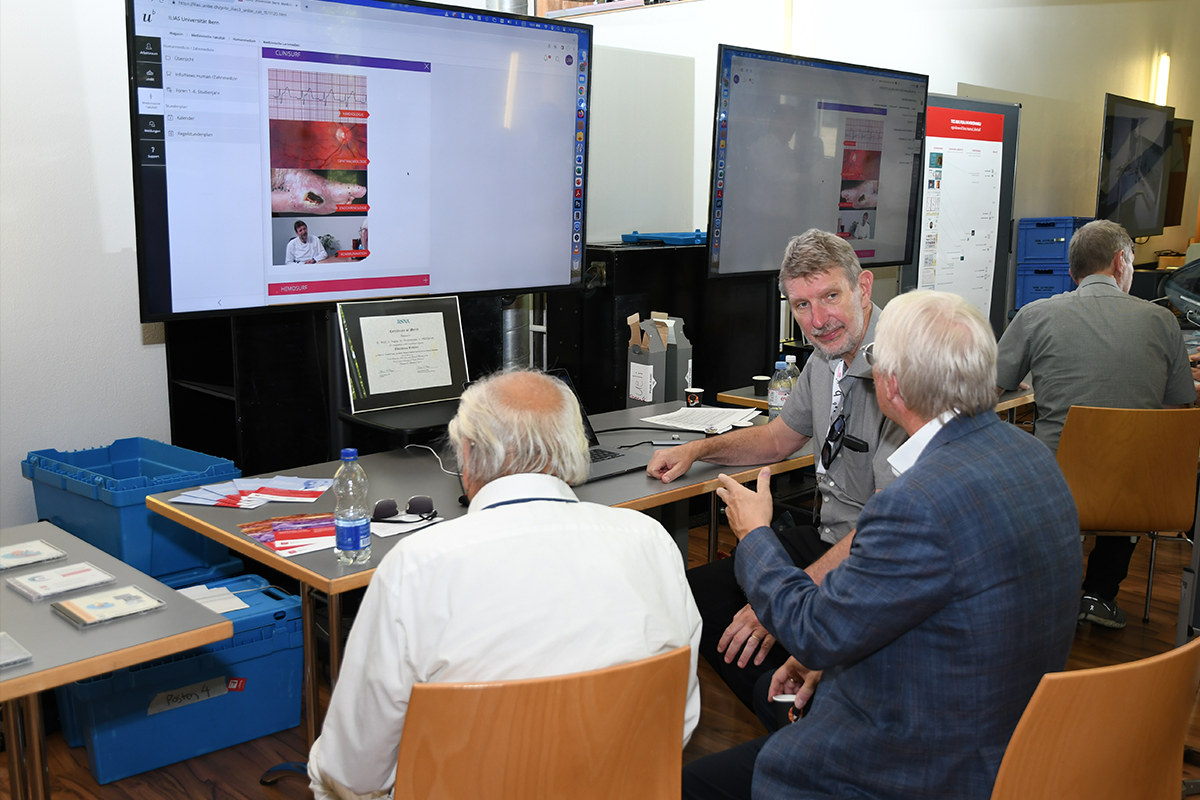
-
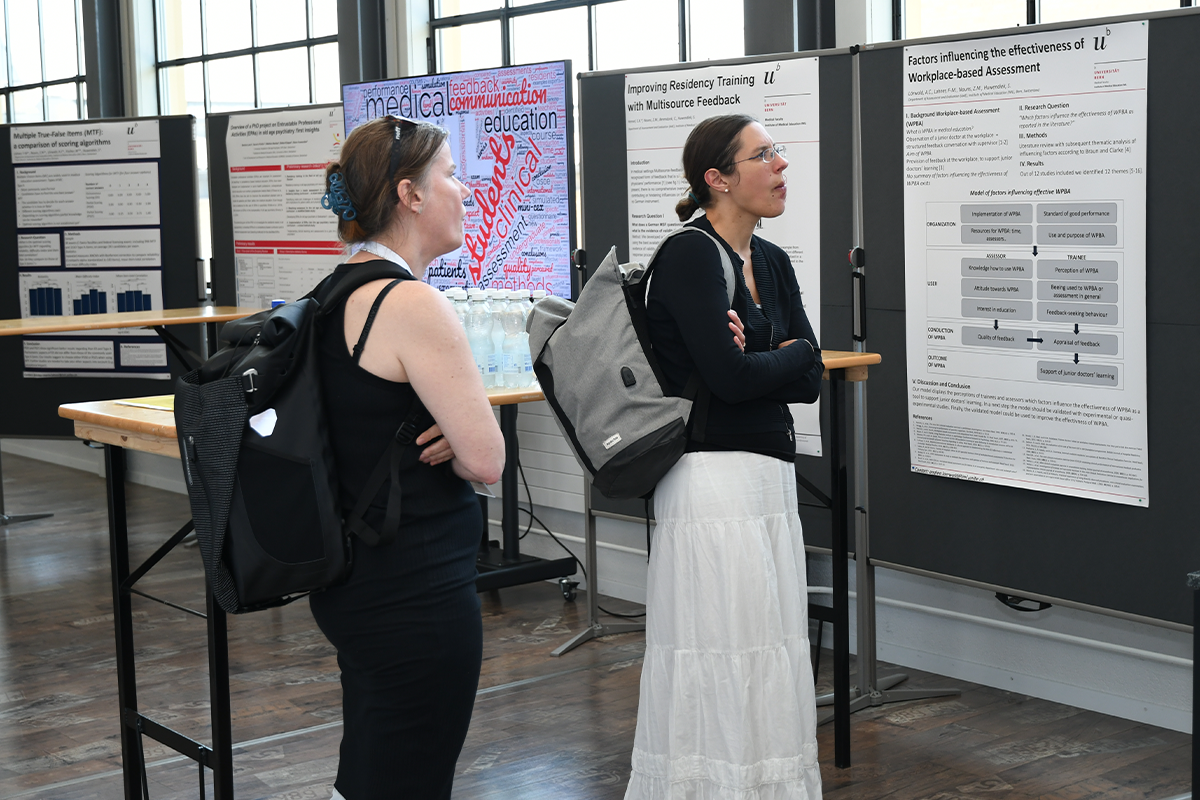
Research exhibition -
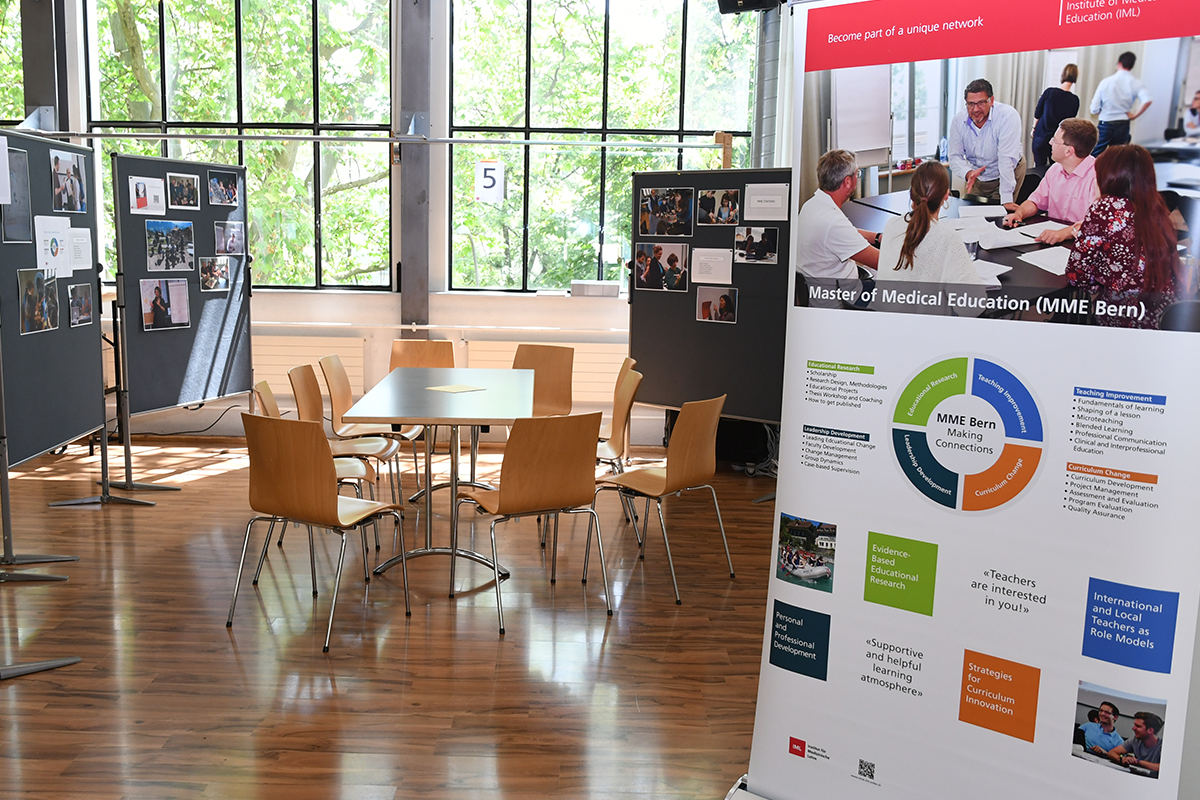
MME Bern -
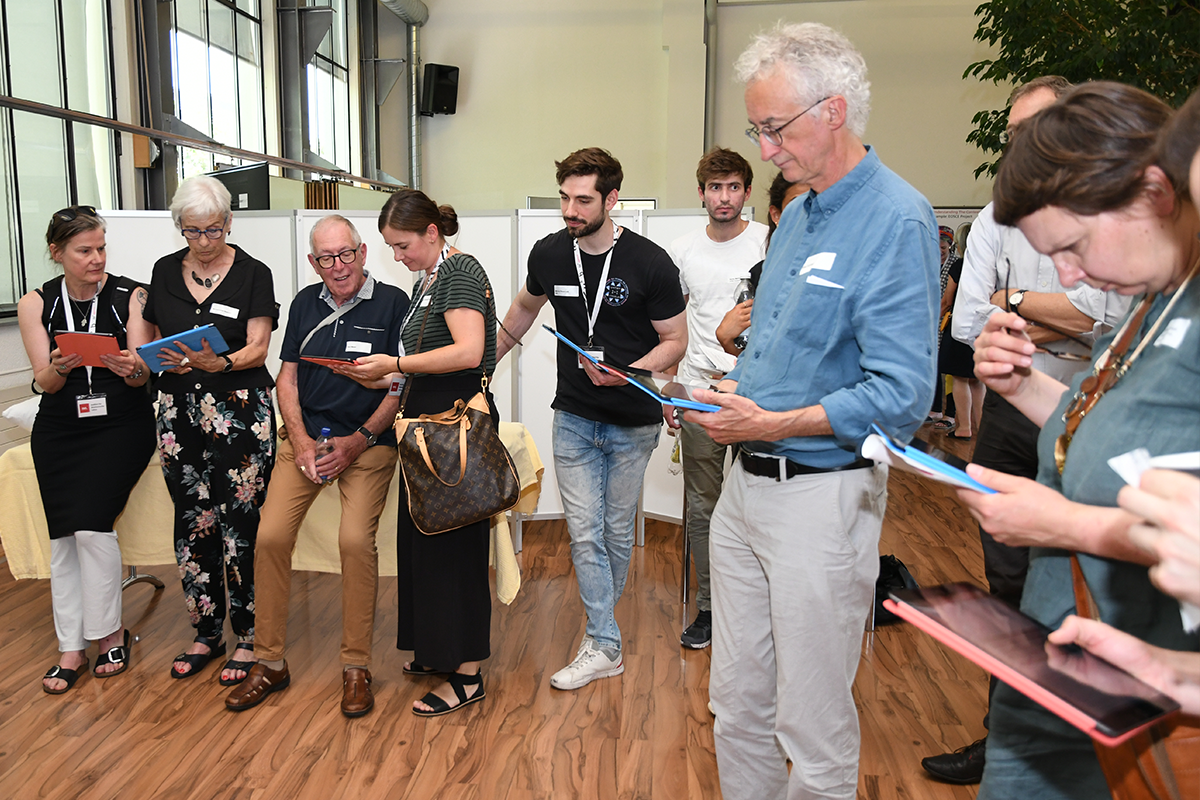
Simulation OSCE: Introduction and preparation -
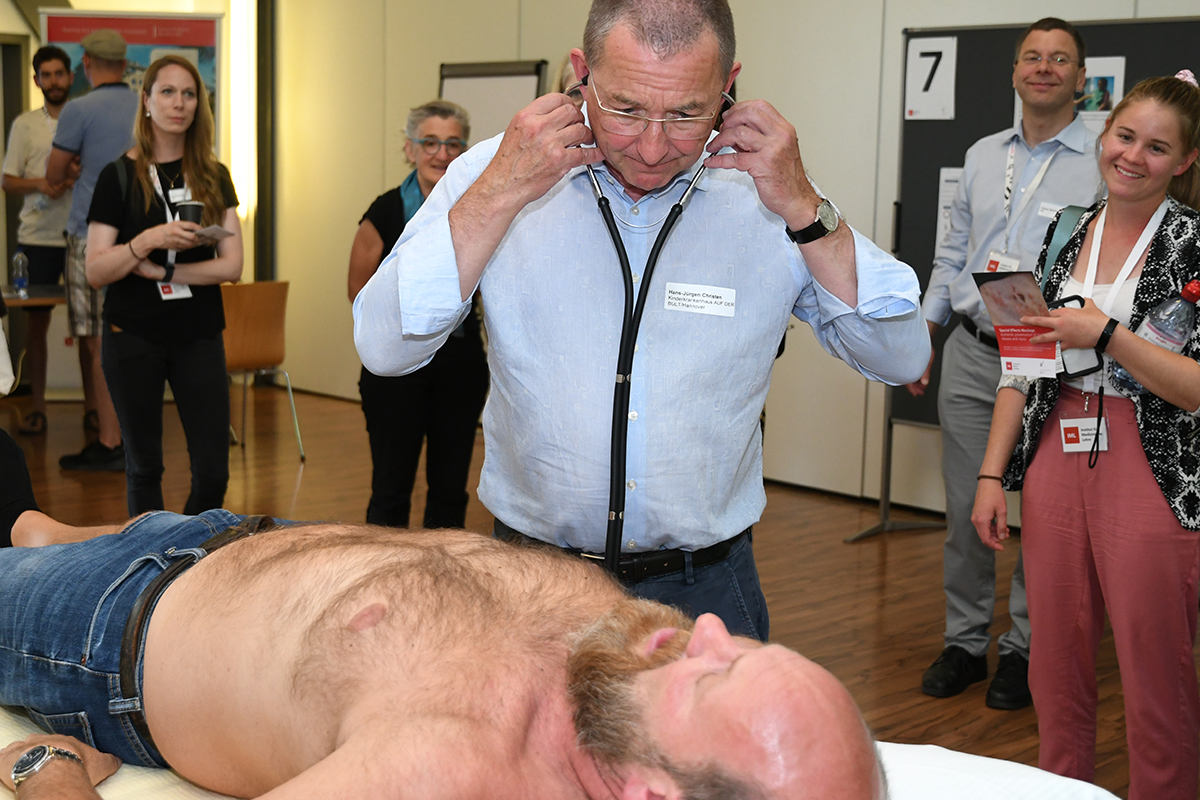
Simulation and OSCE "live" -
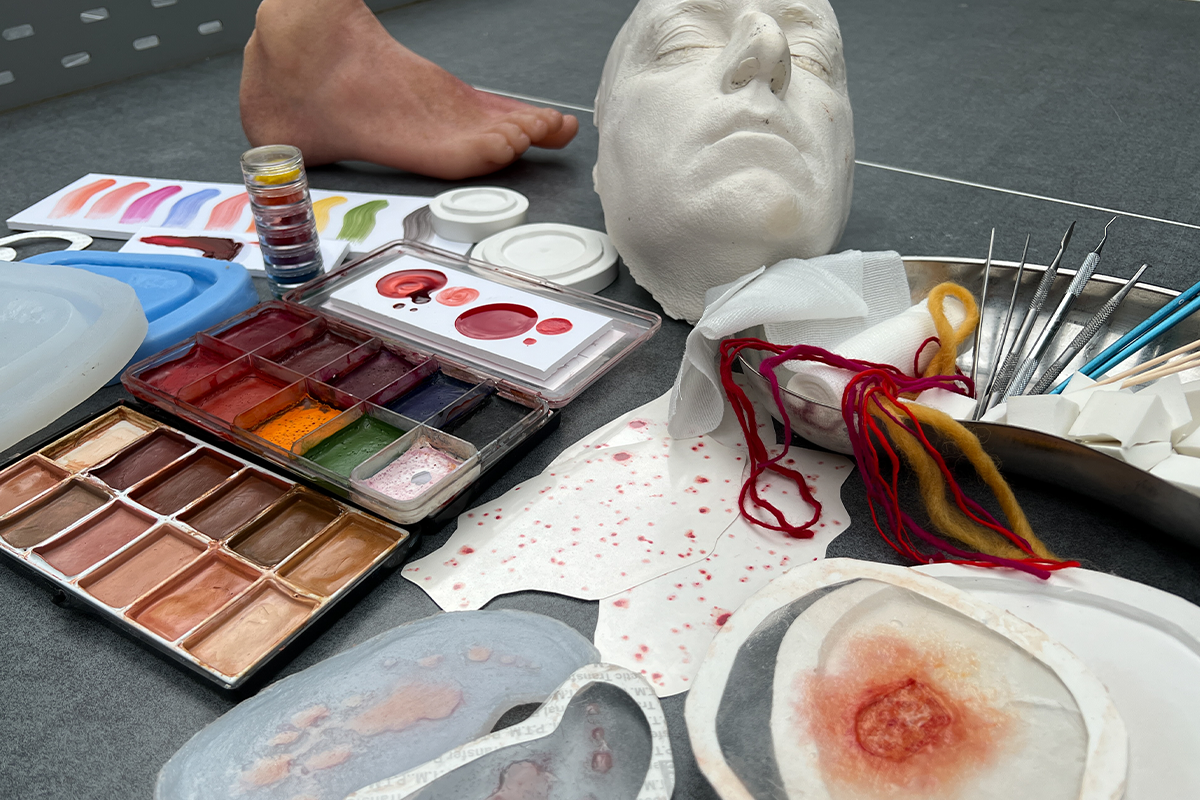
Moulages made by IML -
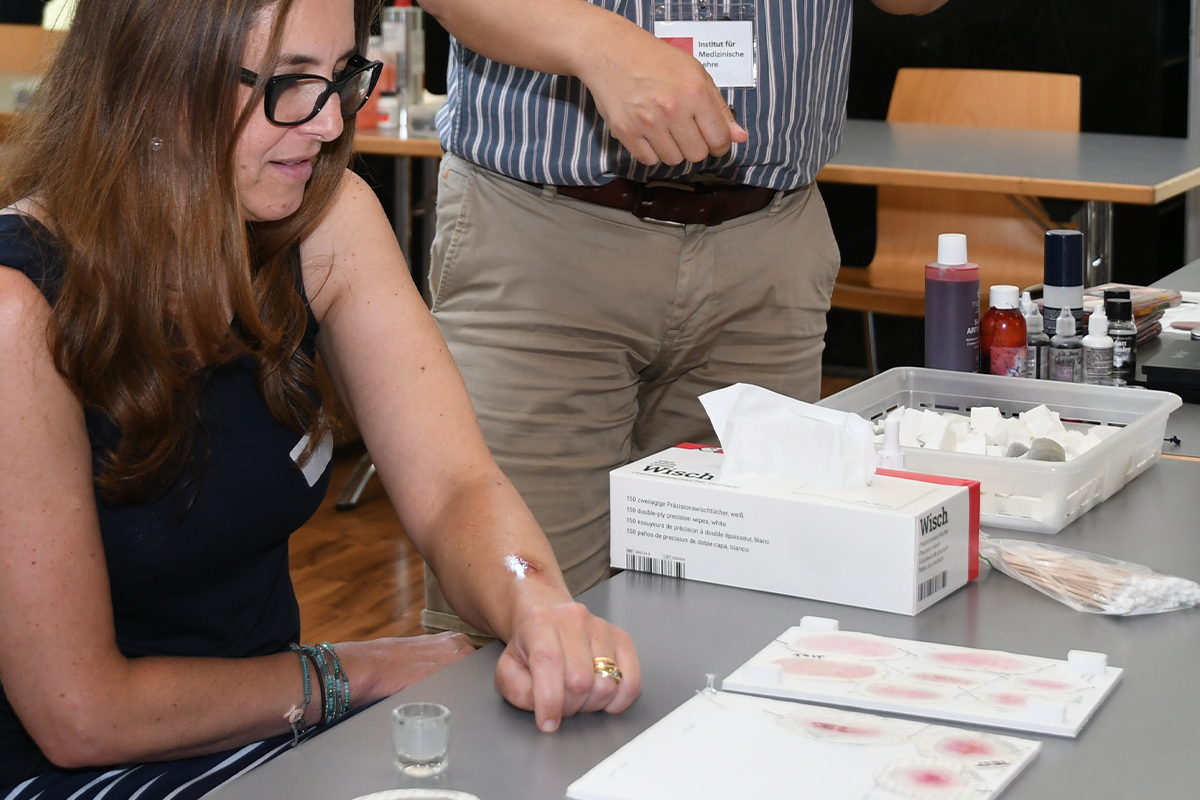
"Moulage kitchen" -
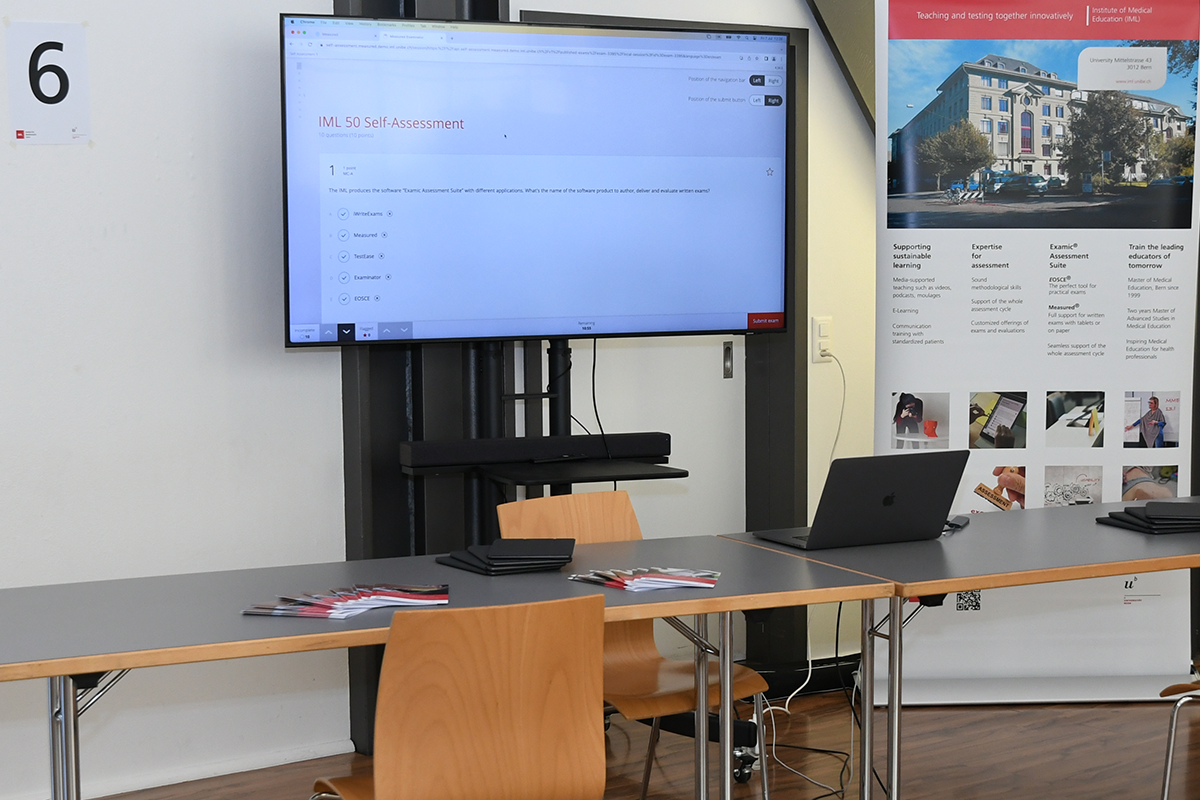
Self-assessment with measured -
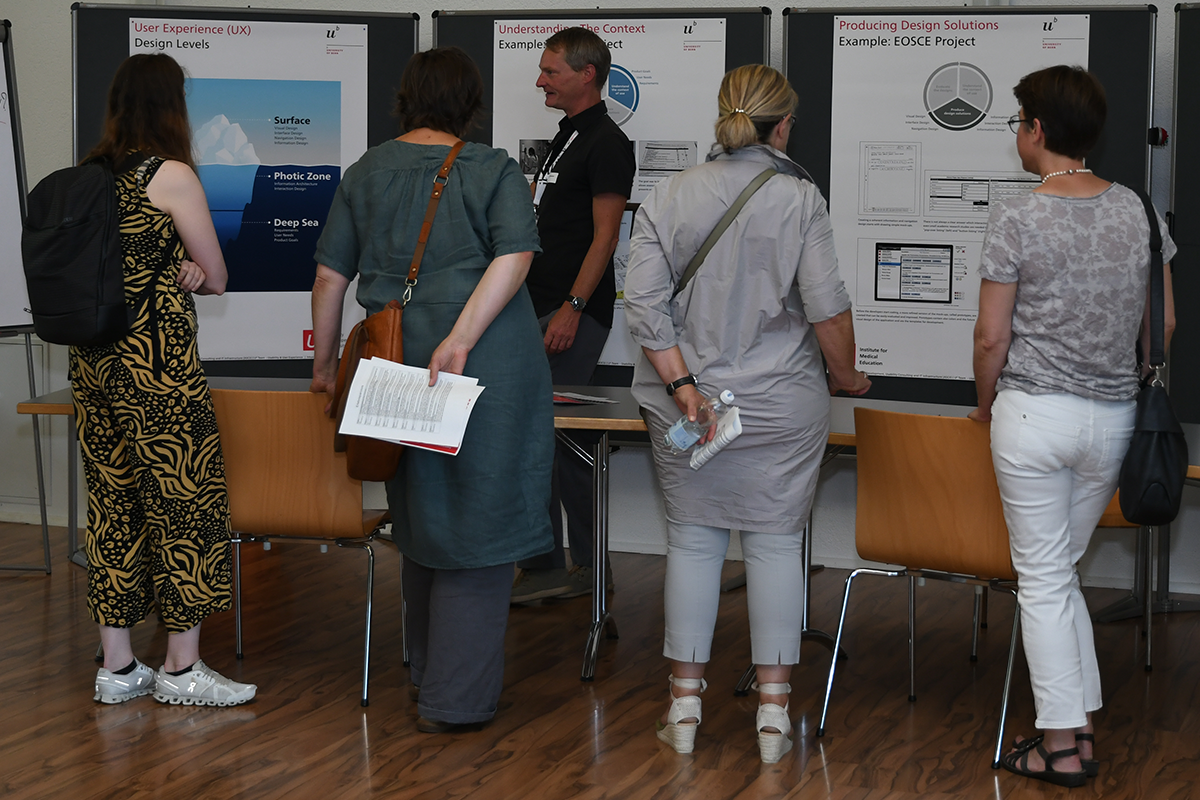
Usability station -
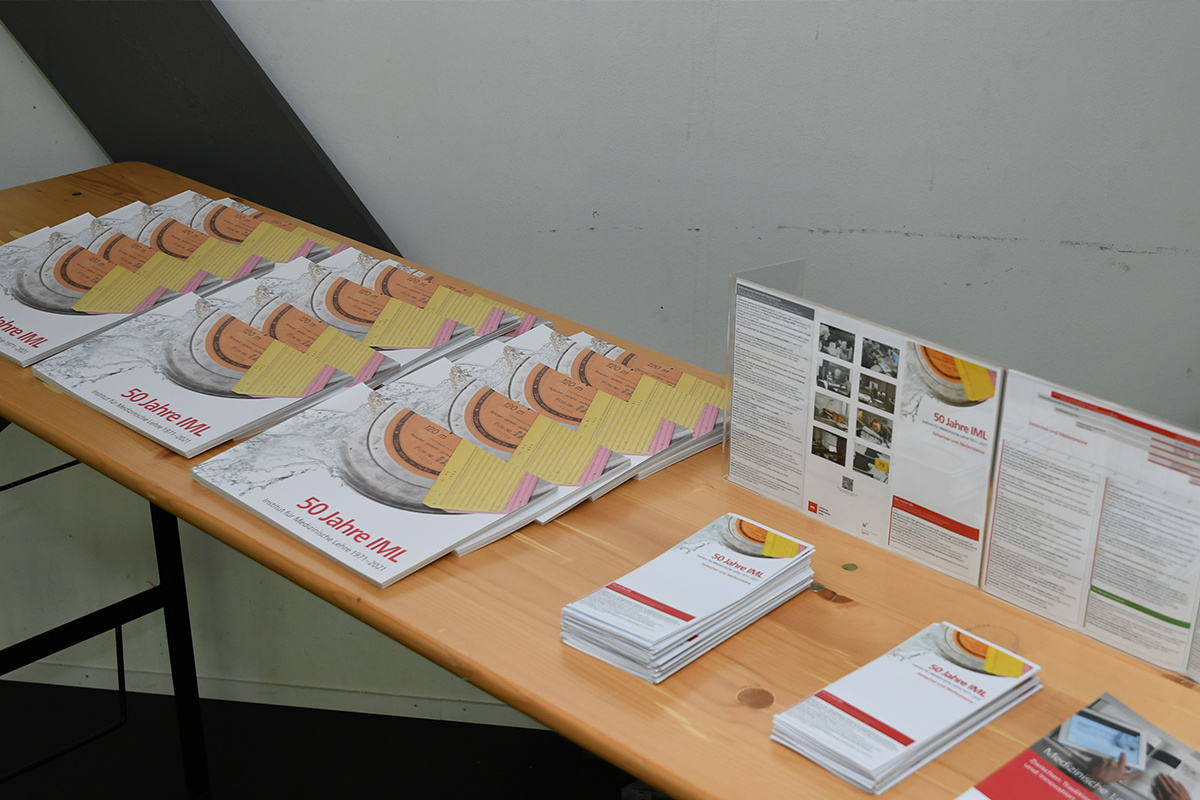
History station: The beginnings of the Institute from the perspective of its founder Prof Hannes Pauli -
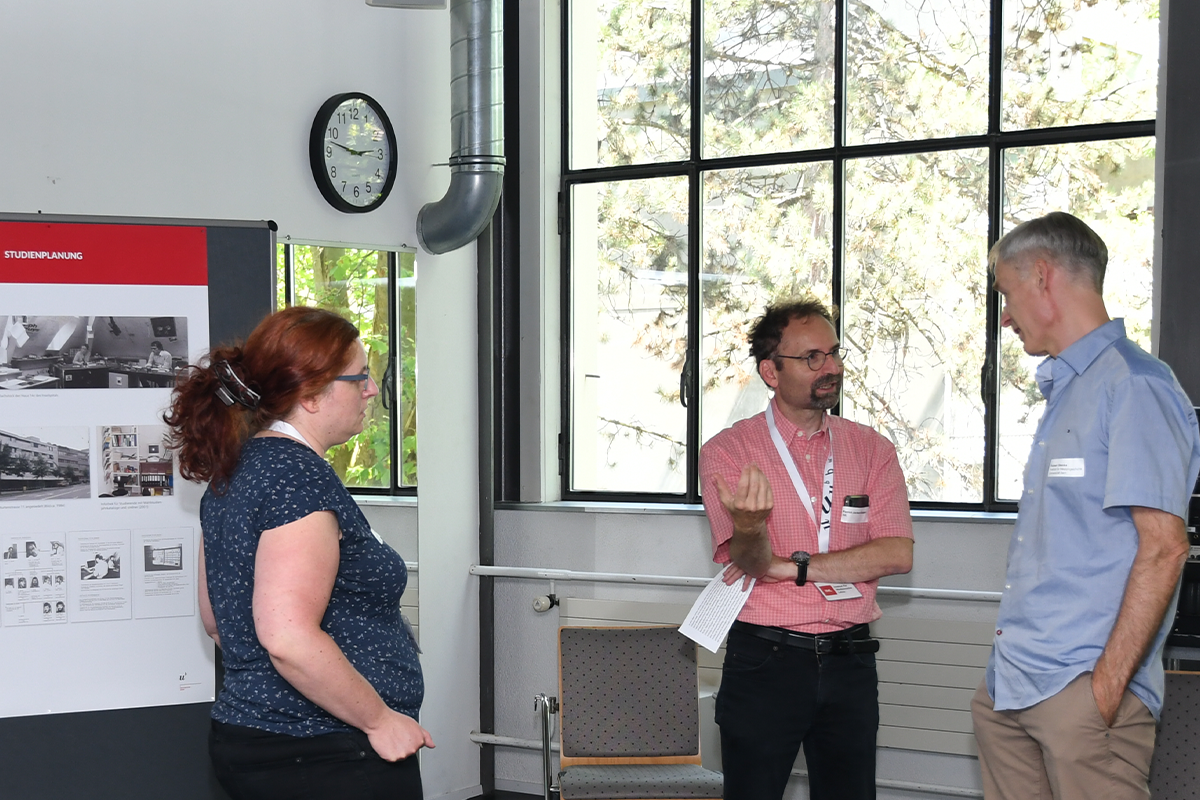
Prof Hubert Steinke (right), Institute for the History of Medicine, visits the History IML station -
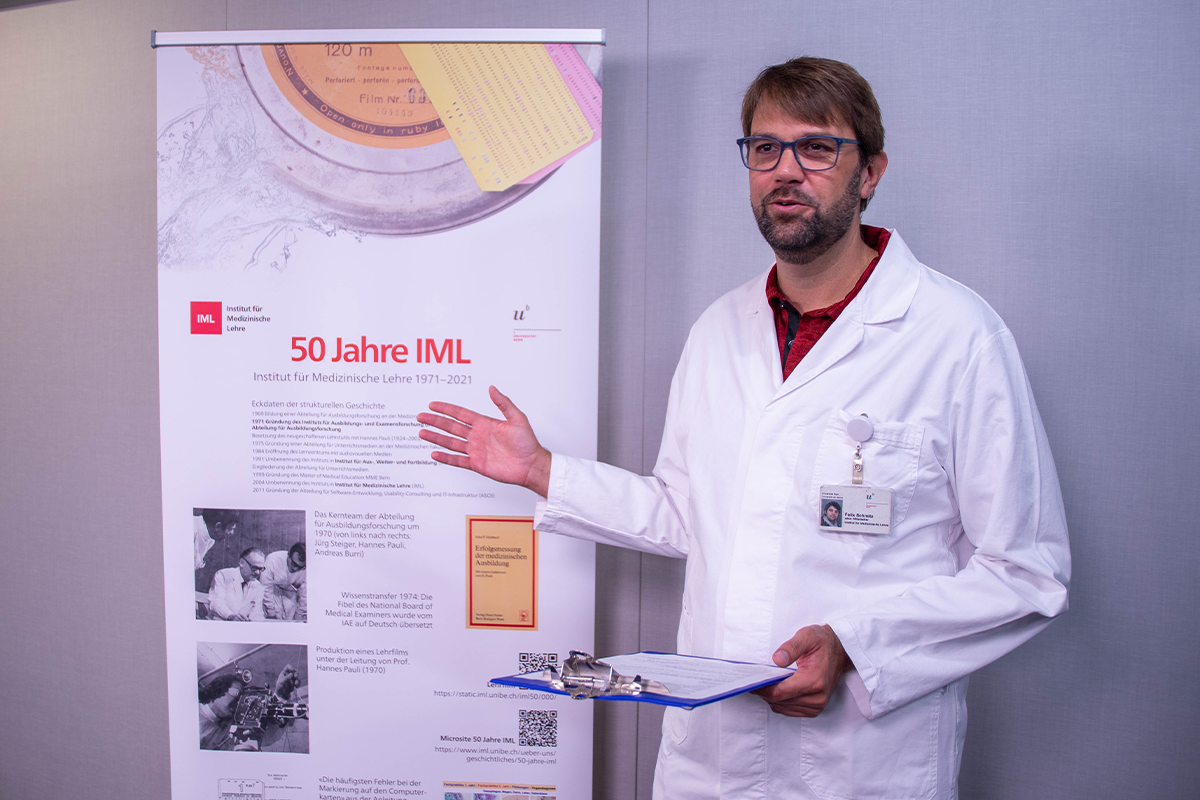
Reading from the memoirs of Prof Hannes Pauli by Dr. Felix Schmitz, IML -
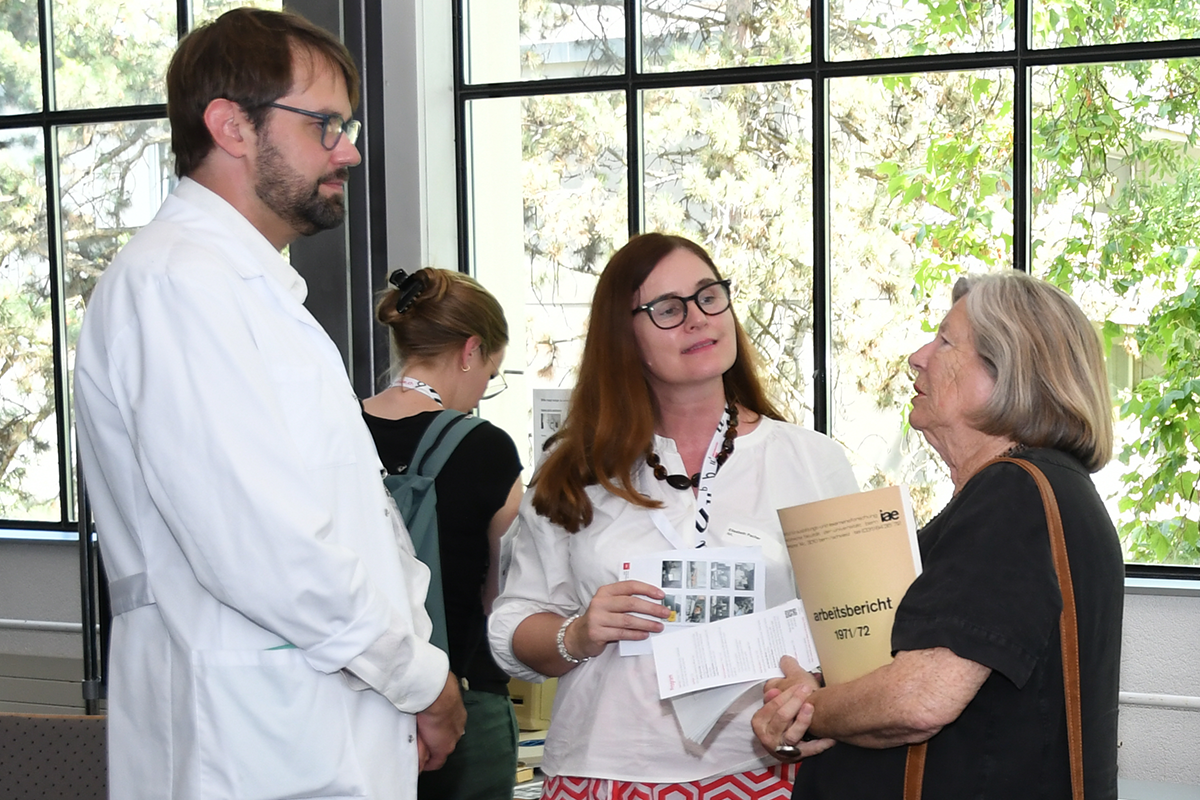
Dori Schär (right), life partner of Prof Hannes Pauli
Panel discussion and conclusion
At the concluding panel discussion, external speakers Prof Anne Herrmann-Werner, Dr. Monika Brodmann Maeder (via Zoom), Dr. Silke Biller and Dr. David Gachoud described their view of the IML from the outside. The heads of department, Prof. Sören Huwendiek and Dr Kai Schnabel, moderated this part of the programme. The questions from the audience showed that the importance of medical teaching has increased rather than decreased. The symposium was evaluated and given a very positive overall assessment.
Prof Guttormsen concluded by summarising some of the key points of the symposium:
- Medical teaching is constantly evolving, and developments in content and technology never stand still. The IML's task will always be to adapt to the state of development and to offer suitable, innovative and feasible solutions for teaching at all times.
- Medical teaching should not forget the most important tasks of medical professionals, namely to prevent, cure and alleviate illness (as emphasised by Prof. Bounameaux). Medical didactic quality and innovation always aim to optimise patient care.
- For teaching staff, appreciation in terms of individual initiatives - effort and commitment - in teaching is rarely provided by the organisation. However, it should be the task of the organisation (faculty, institute or clinic) to create appreciation in the form of incentives, visibility and time.
- Students represent the future of the healthcare landscape. Motivating and listening to them is not only important, but also useful. Students sense new developments early on and want to be optimally prepared for their task.
- Last but not least, services, development and research in medical teaching depend on cooperation at all levels. We would like to thank our employees, partners, clients and colleagues for their excellent cooperation!
-
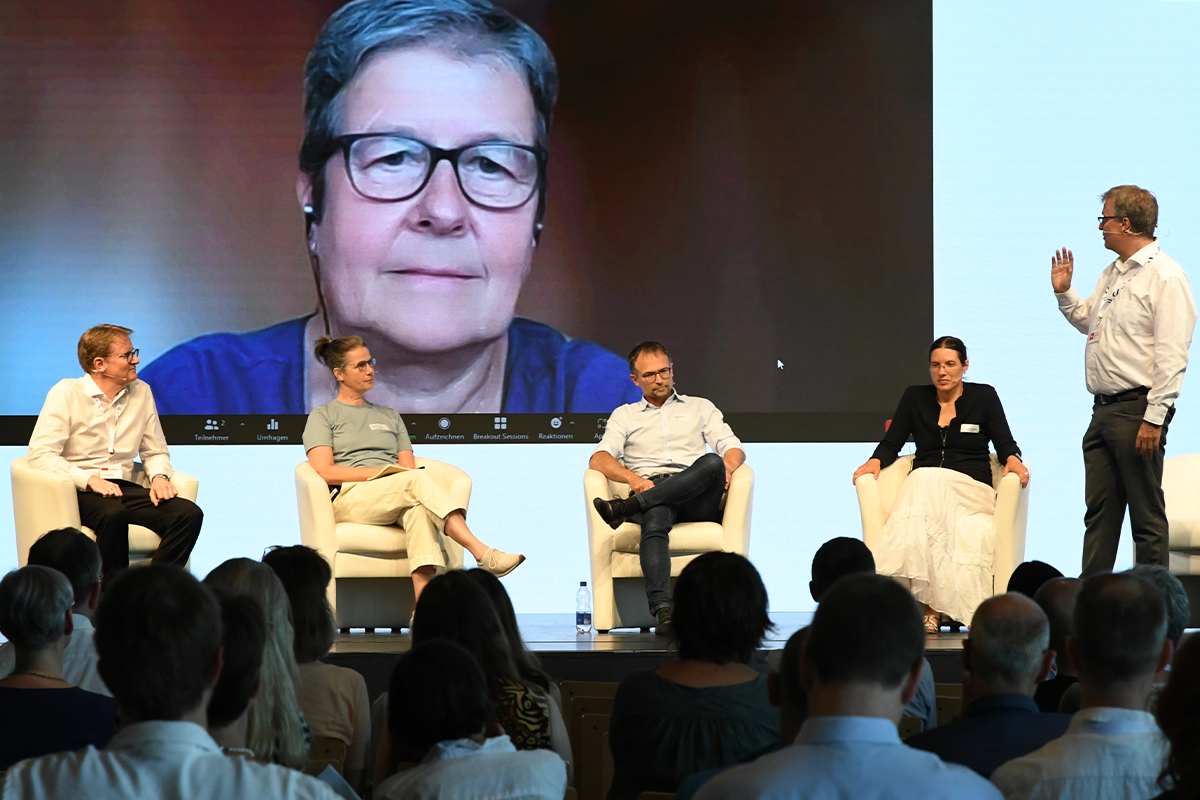
Co-moderated by Kai Schnabel (right) and Sören Huwendiek (IML) (left) -
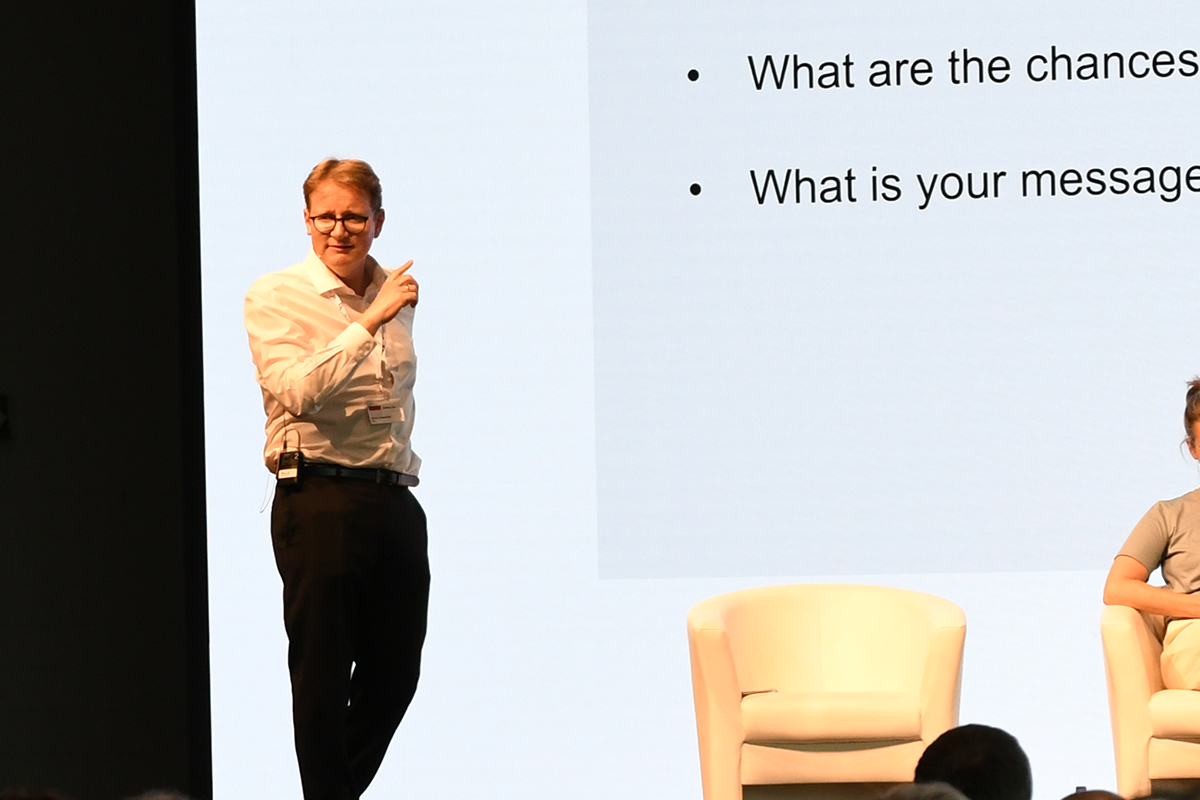
-
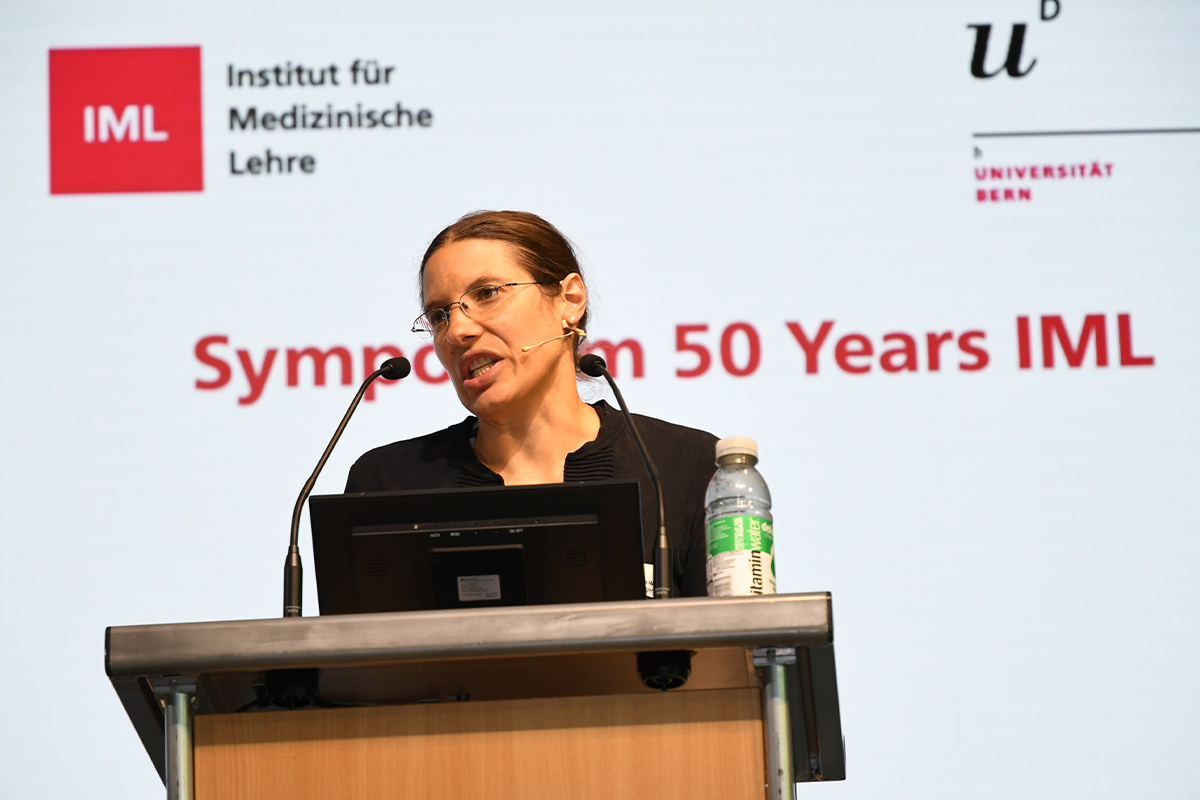
Anne Herrmann-Werner, Chair for Medical Education, Clinical Teacher, University of Tübingen, Germany -
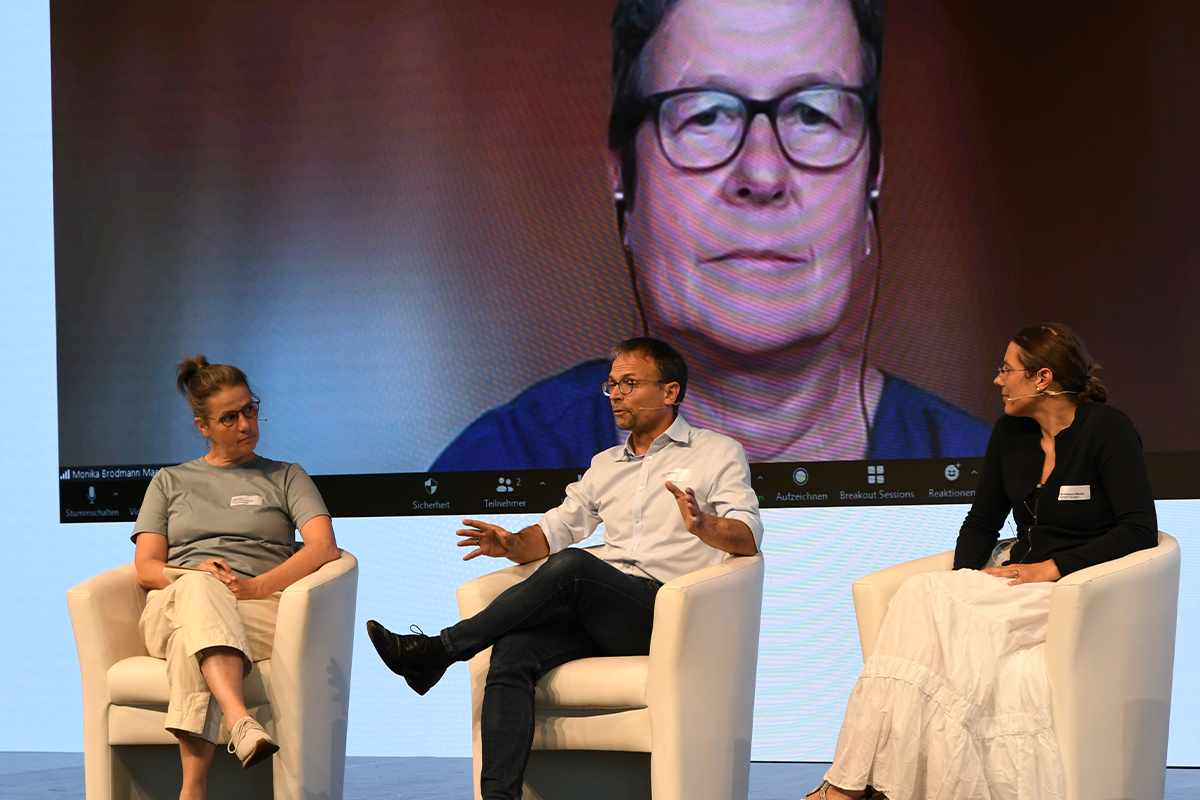
The speakers on the podium (from left to right): Silke Biller, David Gachoud, Monika Brodmann Maeder, President executive board, Swiss Institute for Postgraduate and Continuing Medical Education, SIWF via Zoom and Anne Herrmann-Werner -
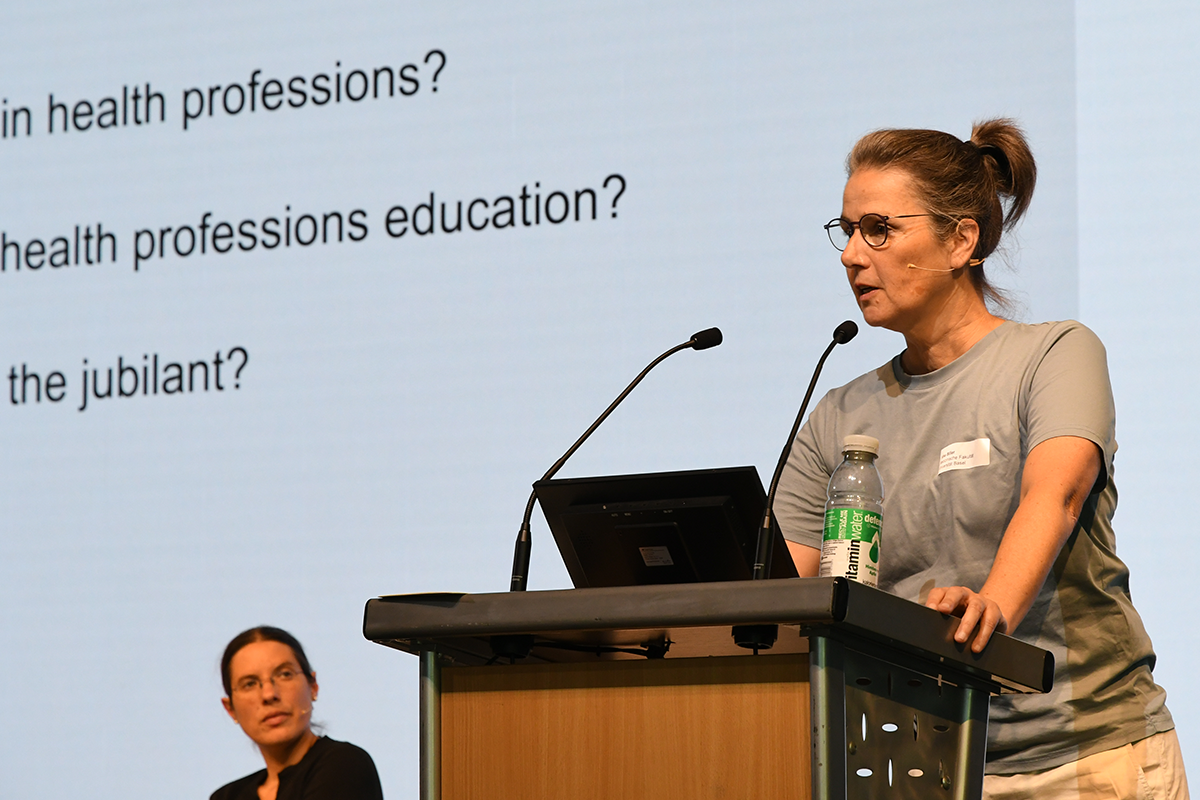
Silke Biller, Head of the Student Deanery, Faculty of Medicine, Basel -
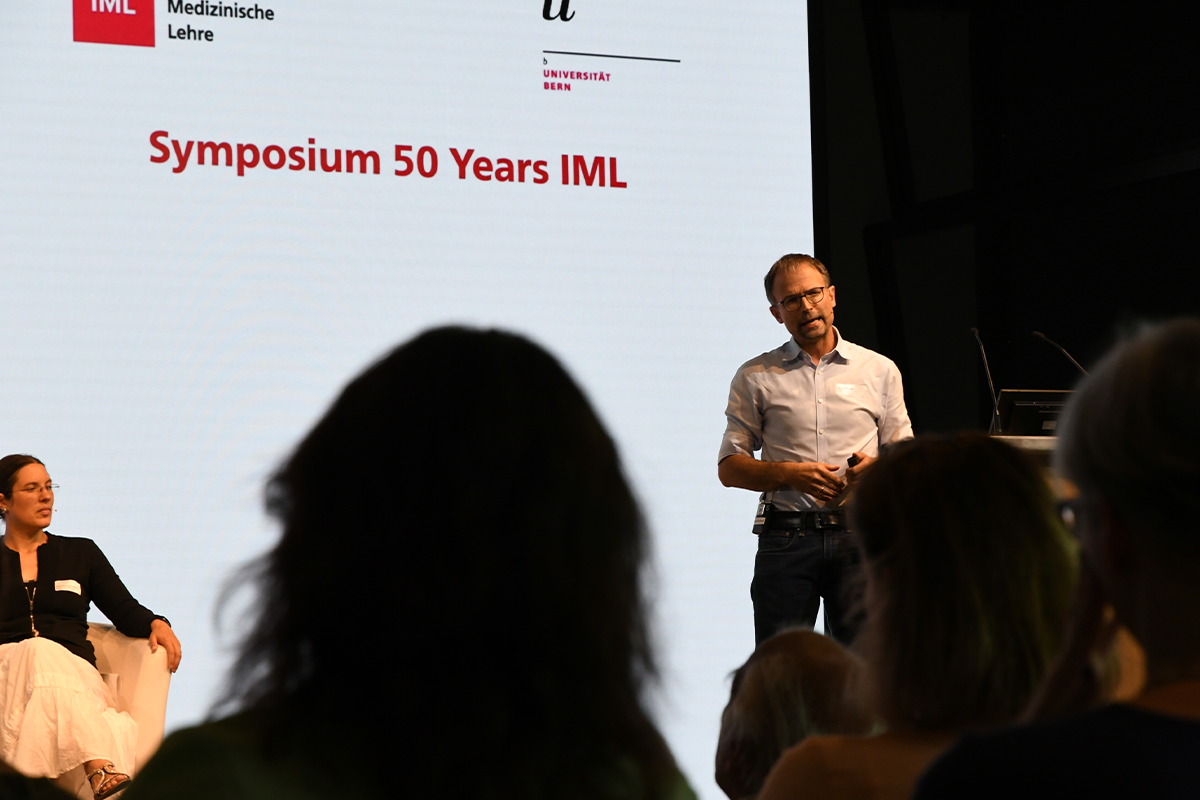
David Gachoud, Clinical Teacher, Member of the Working Group Clinical Knowledge of the Federal Licensing Exam in Human Medicine, CHUV, Lausanne -
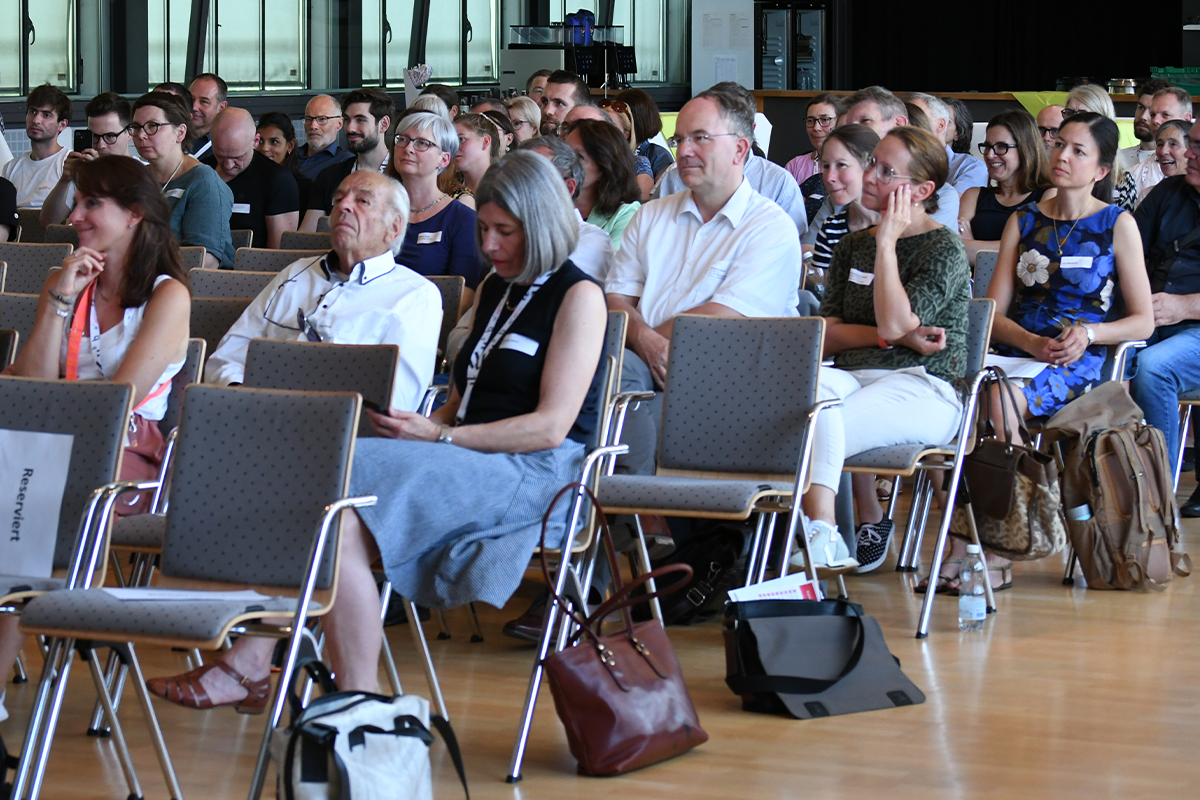
-
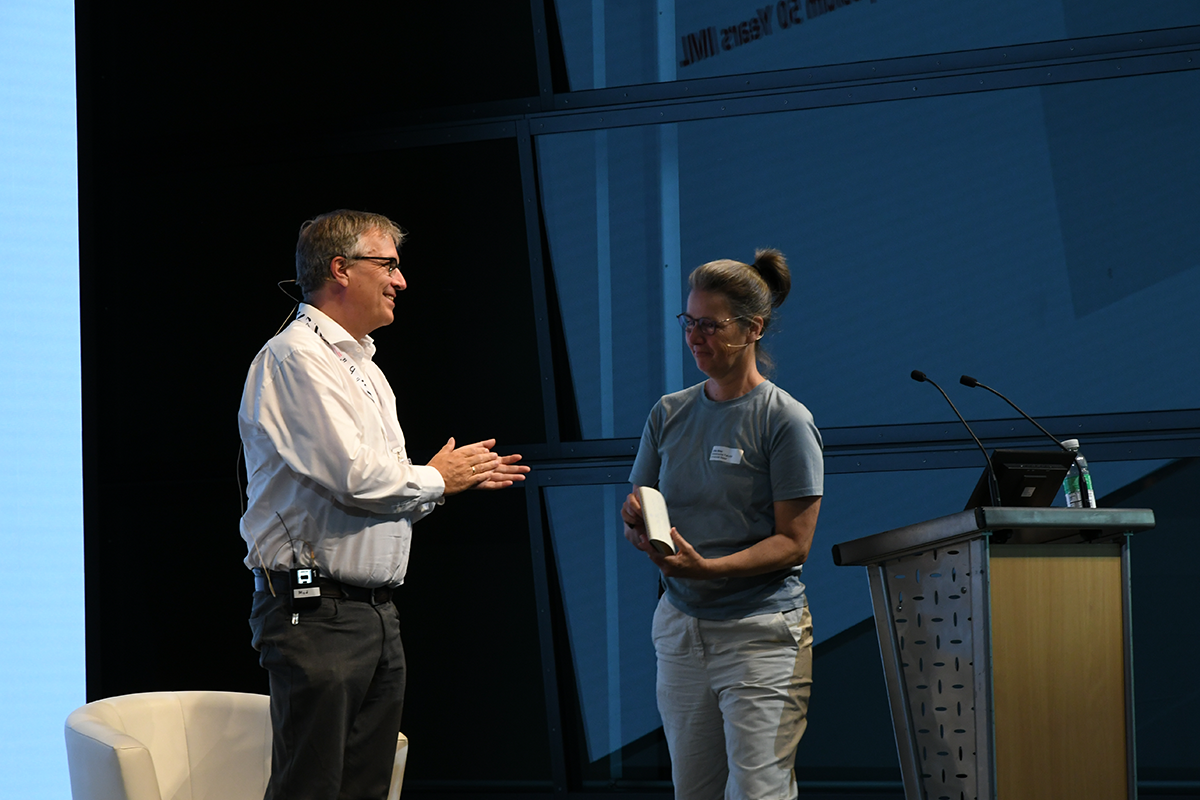
-
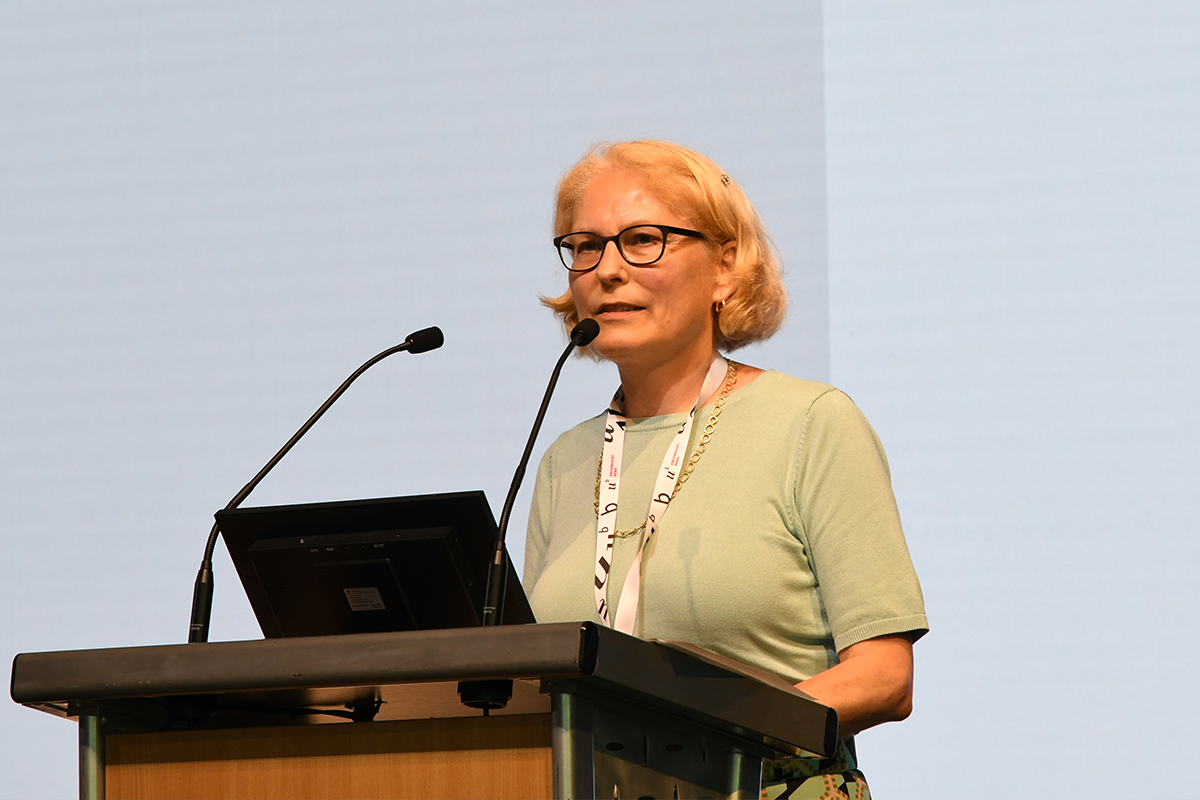
Summary of the most important votes and conclusion by the conference president Sissel Guttormsen
The IML 50 project - aim and ambition
The IML50 project was launched in November 2019 in view of the Institute's milestone anniversary in the 2021/22 academic year. It is a special responsibility to remember the history of medical education in Bern and in its national perspective. We looked back at the beginnings and the history of the Institute for Medical Education (IML). Who were the driving forces? What challenges had to be overcome? Is the IML equipped for the challenges of the future?
To this end, we analysed minutes and work reports, researched the history of our origins in the early 1970s and the (university) political entanglements of the time, and digitised hundreds of slides from our collection to make them accessible to posterity. Our findings are recorded in a commemorative publication. You will find selected articles on our fields of activity over five decades; historically embedded in milestones and in key statements by key people. We were supported in our search for clues by contemporary witnesses from the founding period, among others, whom we were able to interview. These interviews are very valuable, as the direct impressions of the historical figures convey the IML story in great detail. Parts of these interviews are integrated into the commemorative publication and can be experienced audiovisually with a QR code or directly via a link on our website. Our sincere thanks go to all those involved for their commitment and benevolent support.
Impressions from the history of the institute
-
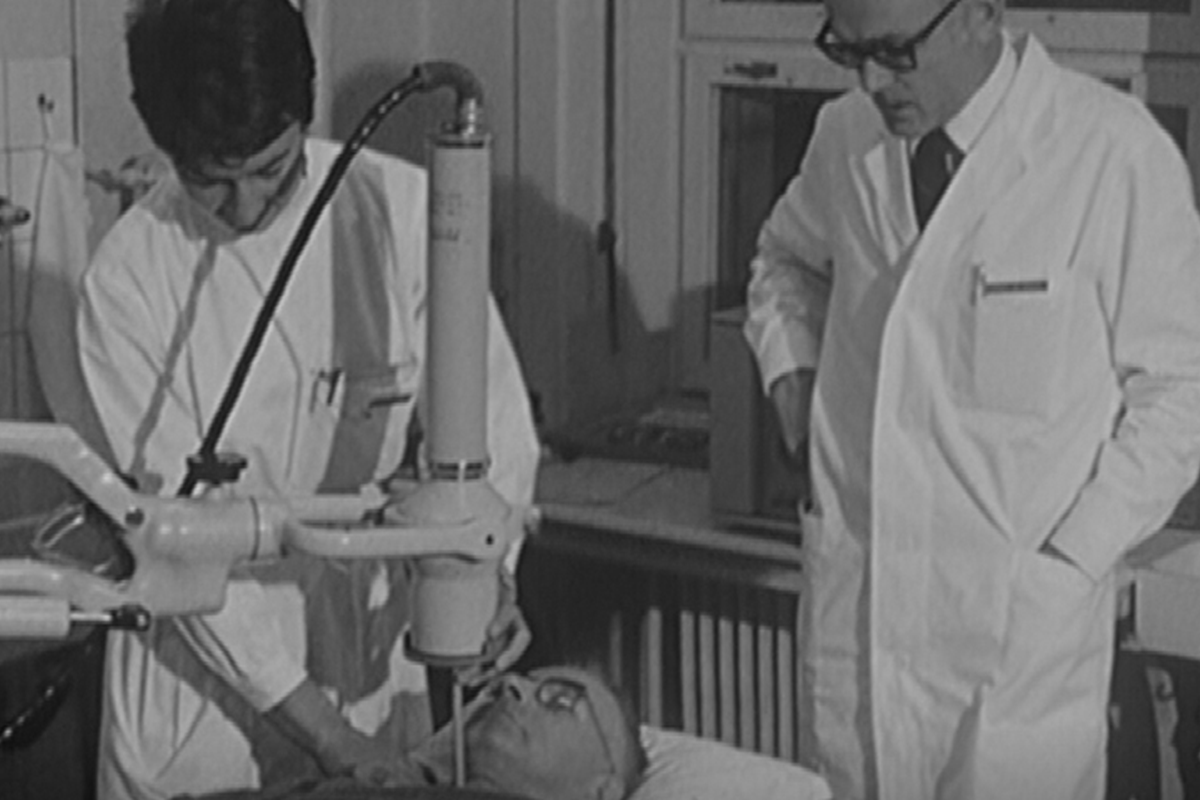
Production of an educational film under the direction of Prof. Hannes Pauli, © 1970 Schweizer Radio und Fernsehen, licensed by Telepool GmbH Zurich -
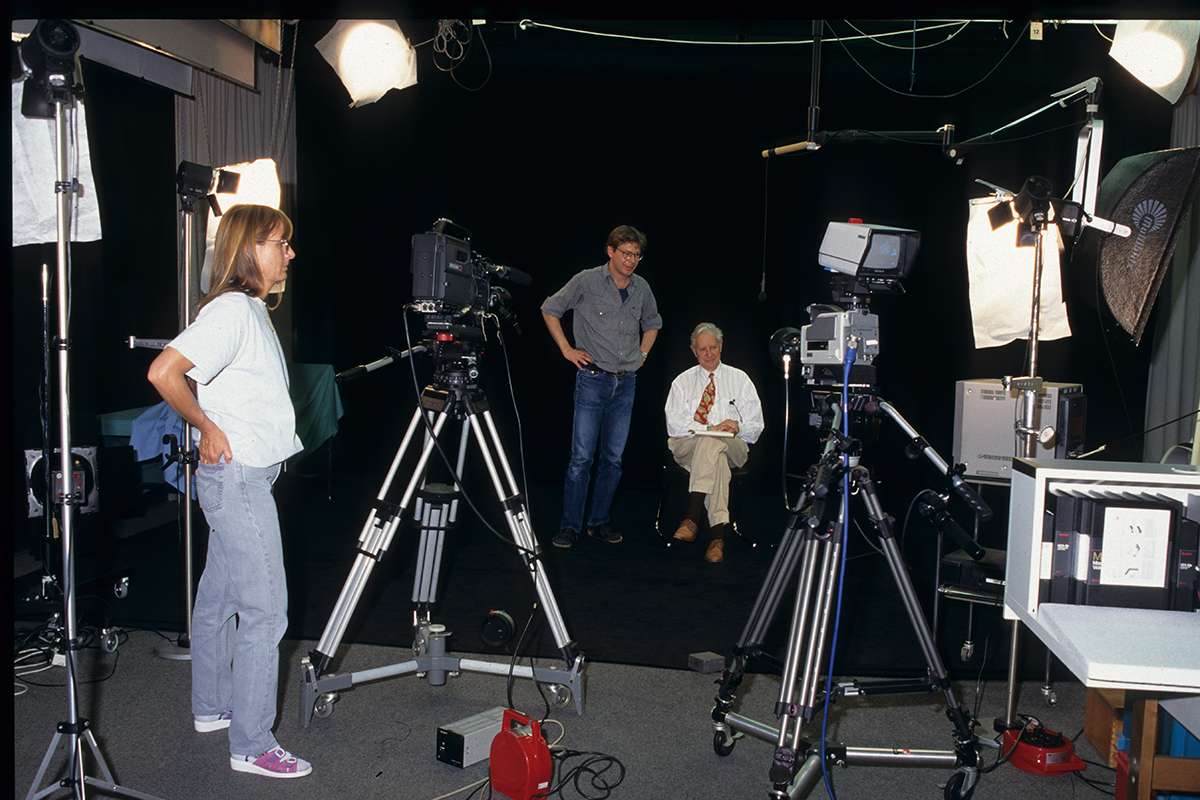
Video recordings with Prof Marco Mummenthaler, Christof Dätwyler, Susi Bürki -
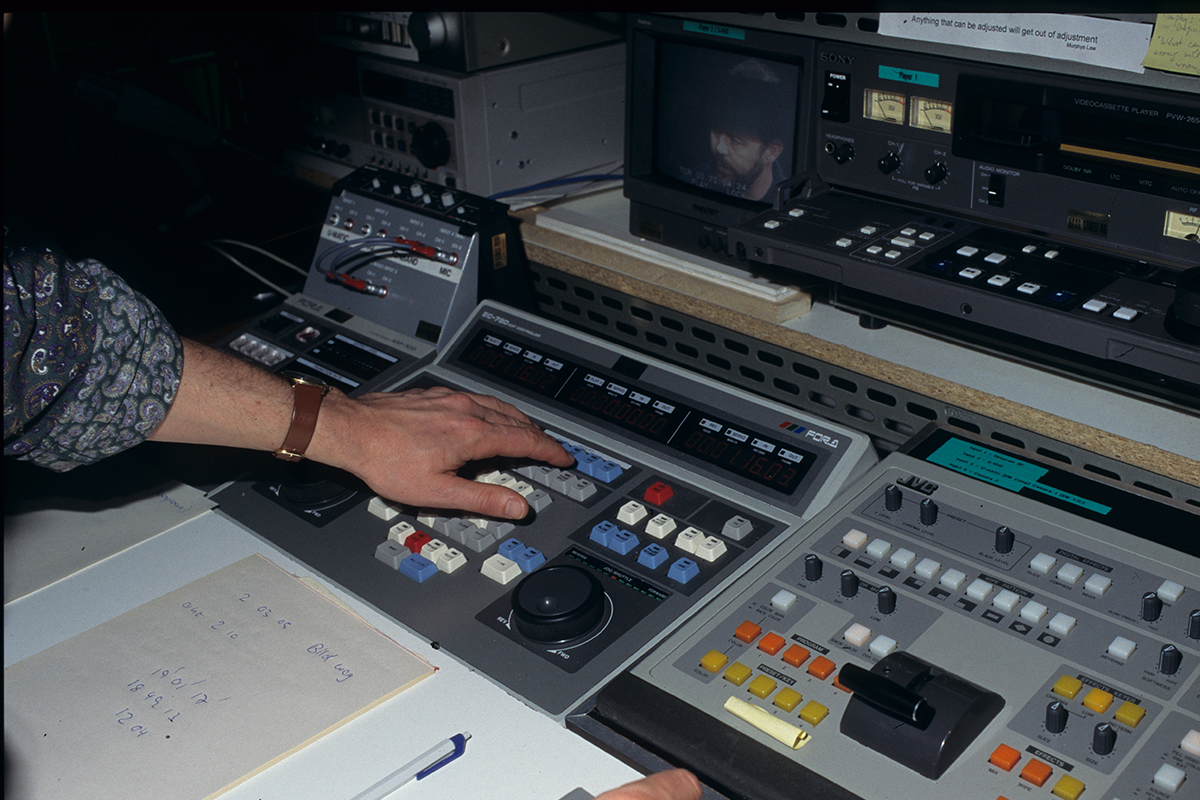
Video editing suite -
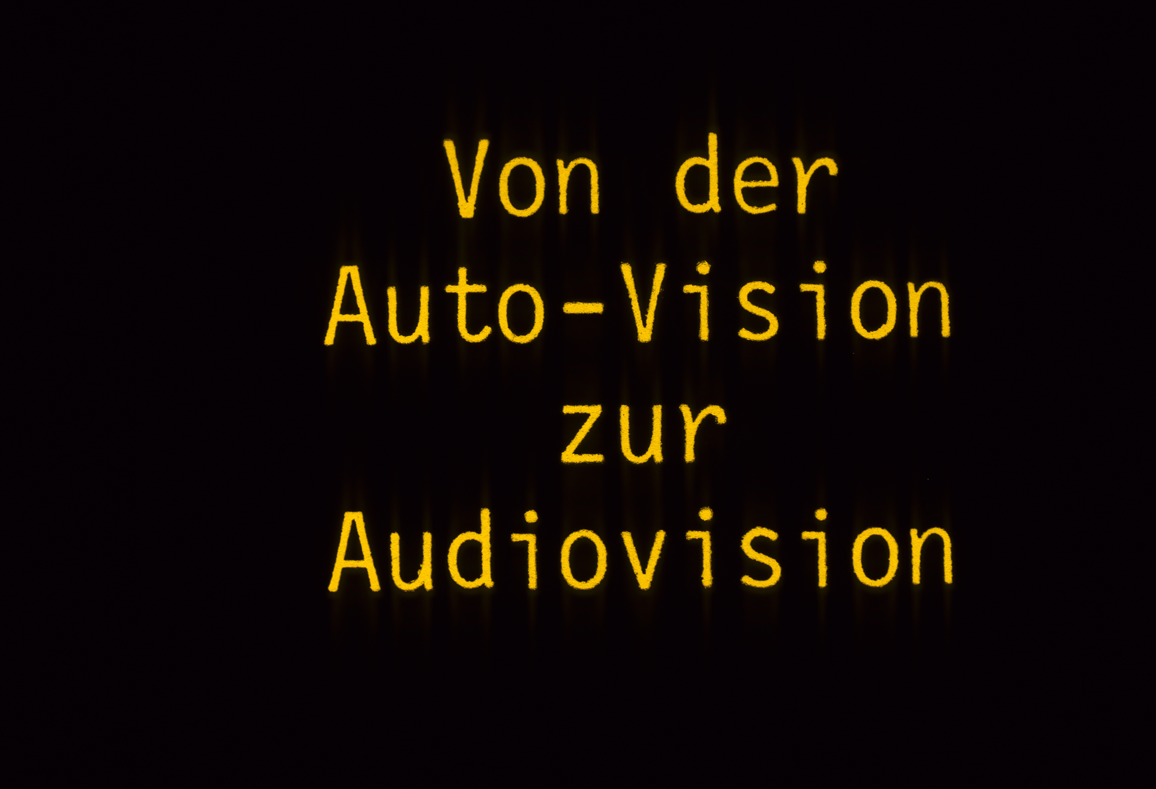
-
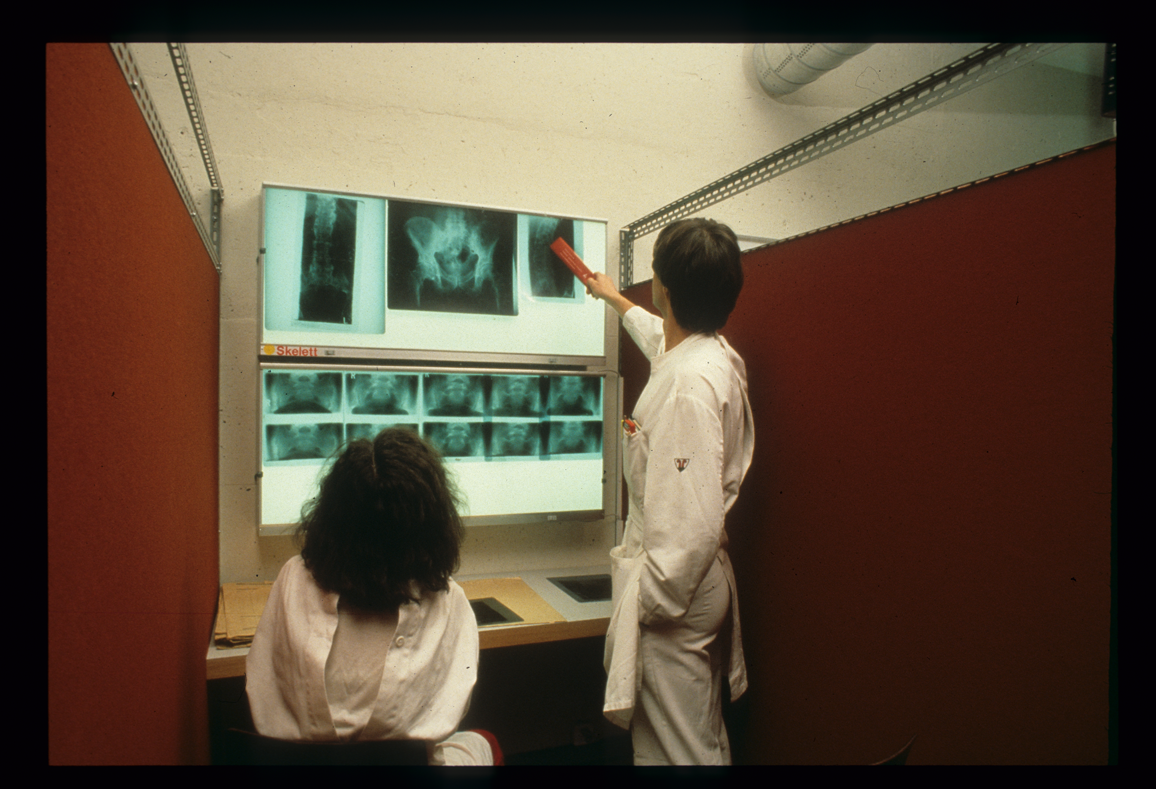
X-ray learning station in the learning centre -
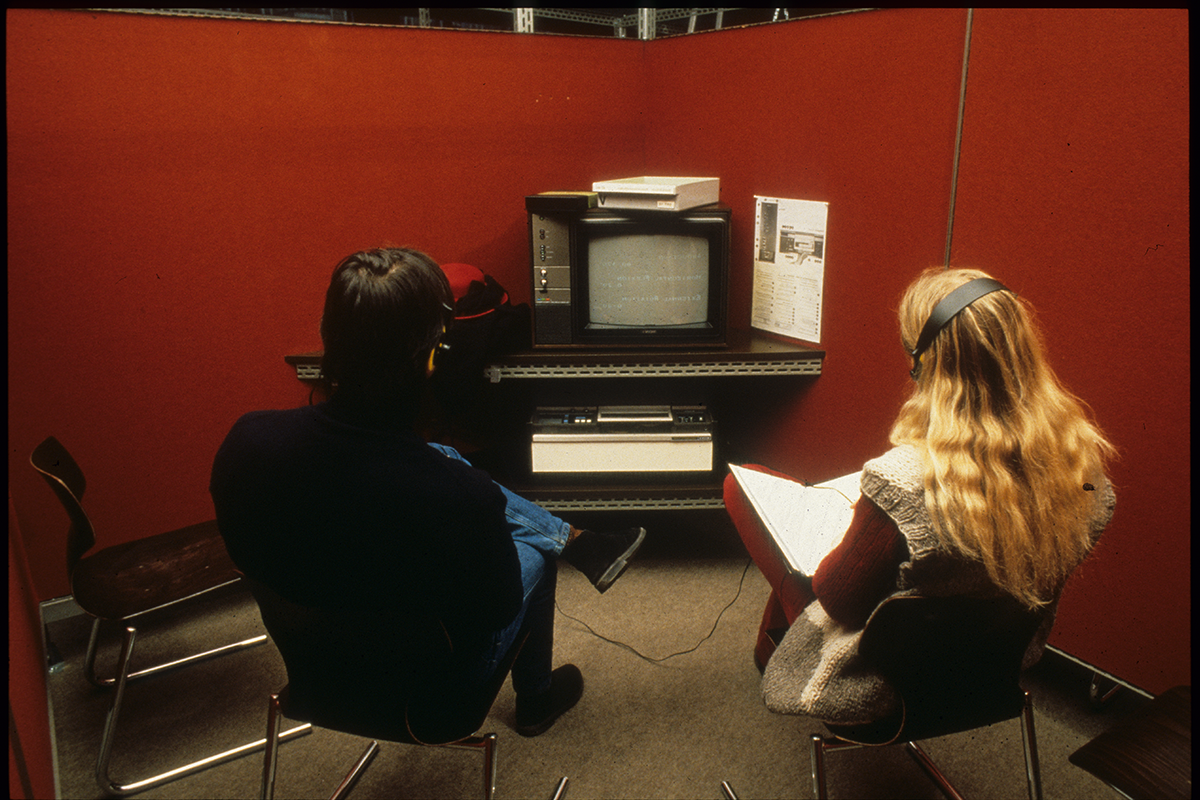
Video booth in the learning centre -
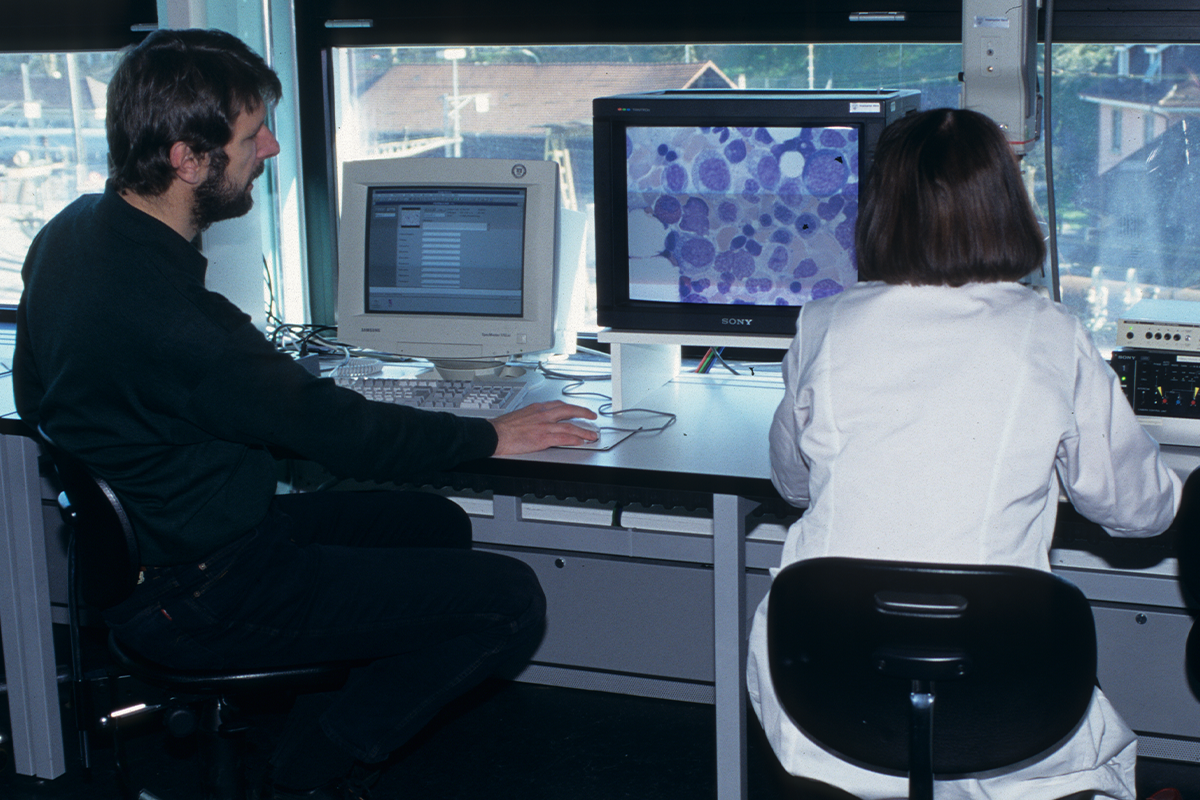
Recording of blood and bone marrow smears with video camera and frame grabber for Hemosurf, ca. 2002 (U. Woermann, M. Montandon) -
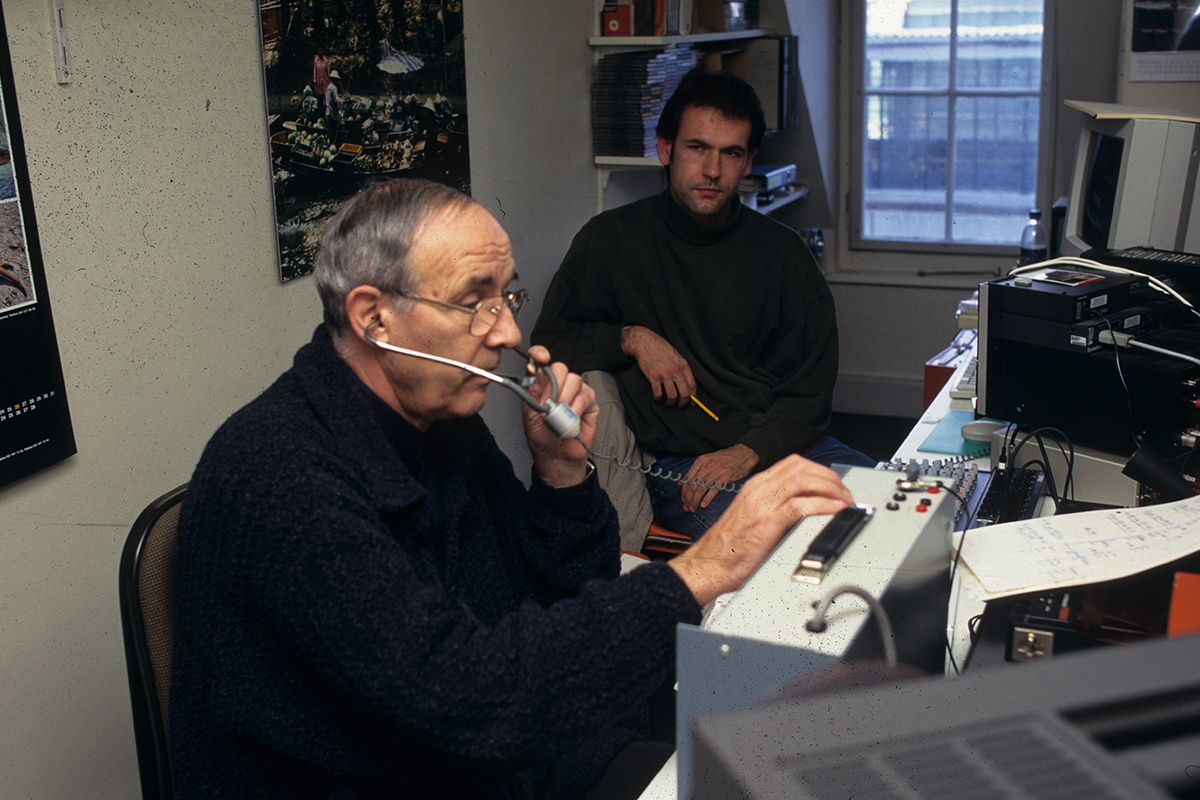
Dr Christian Salzmann and Thomas Oehler (back), recording heart sounds and noises with cardiosimulator for cardiac auscultation learning programme -
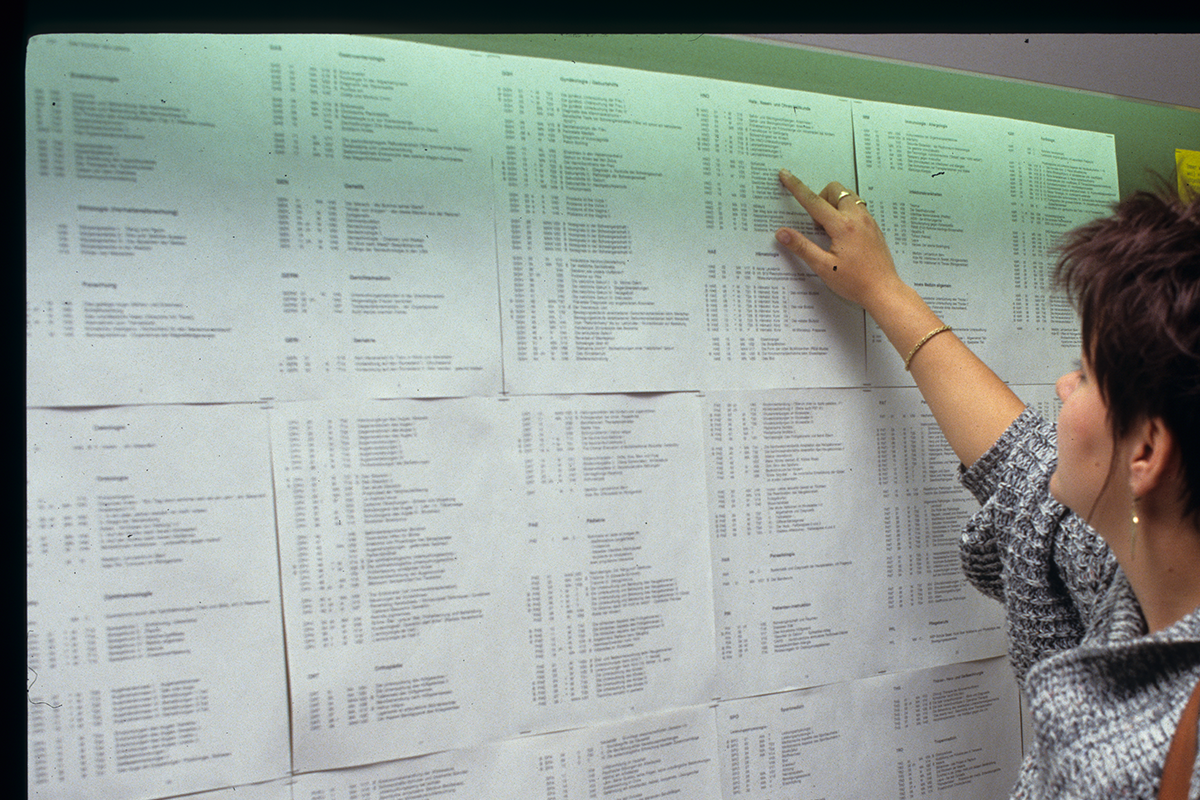
List of learning media available in the learning centre -
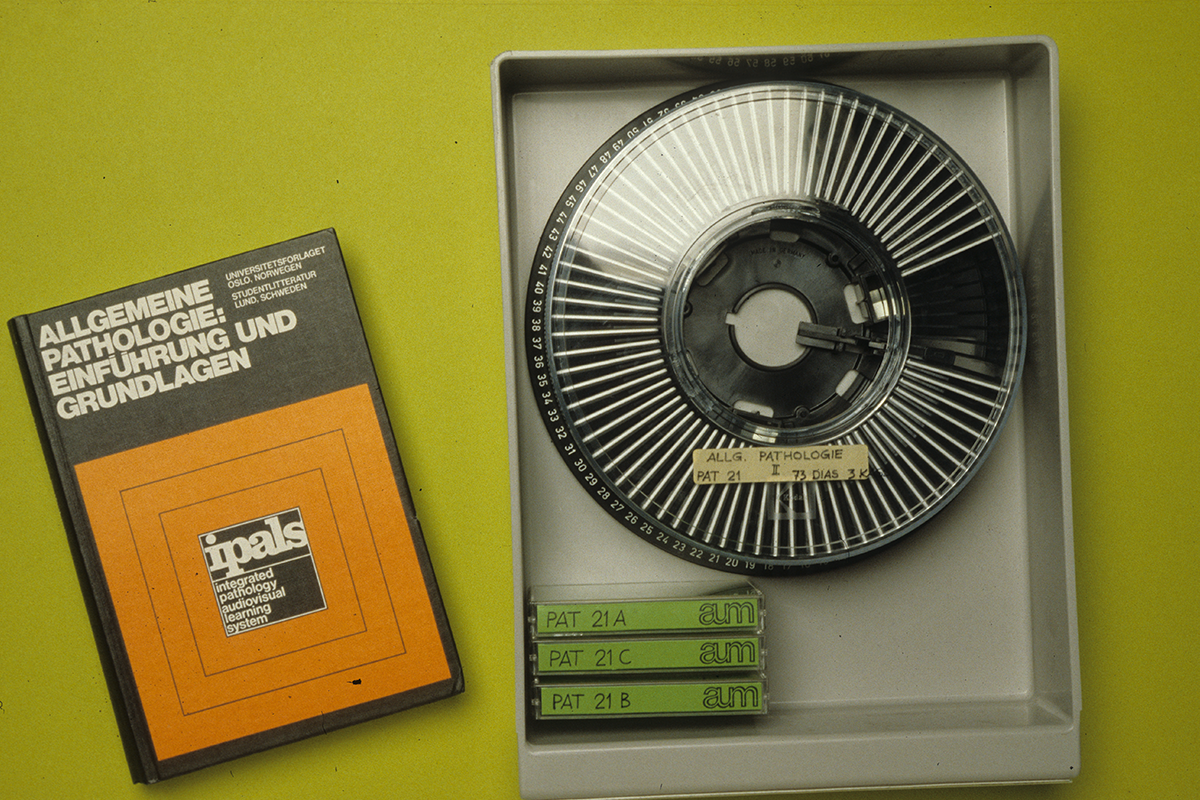
Box with slide carousel and audio cassettes -
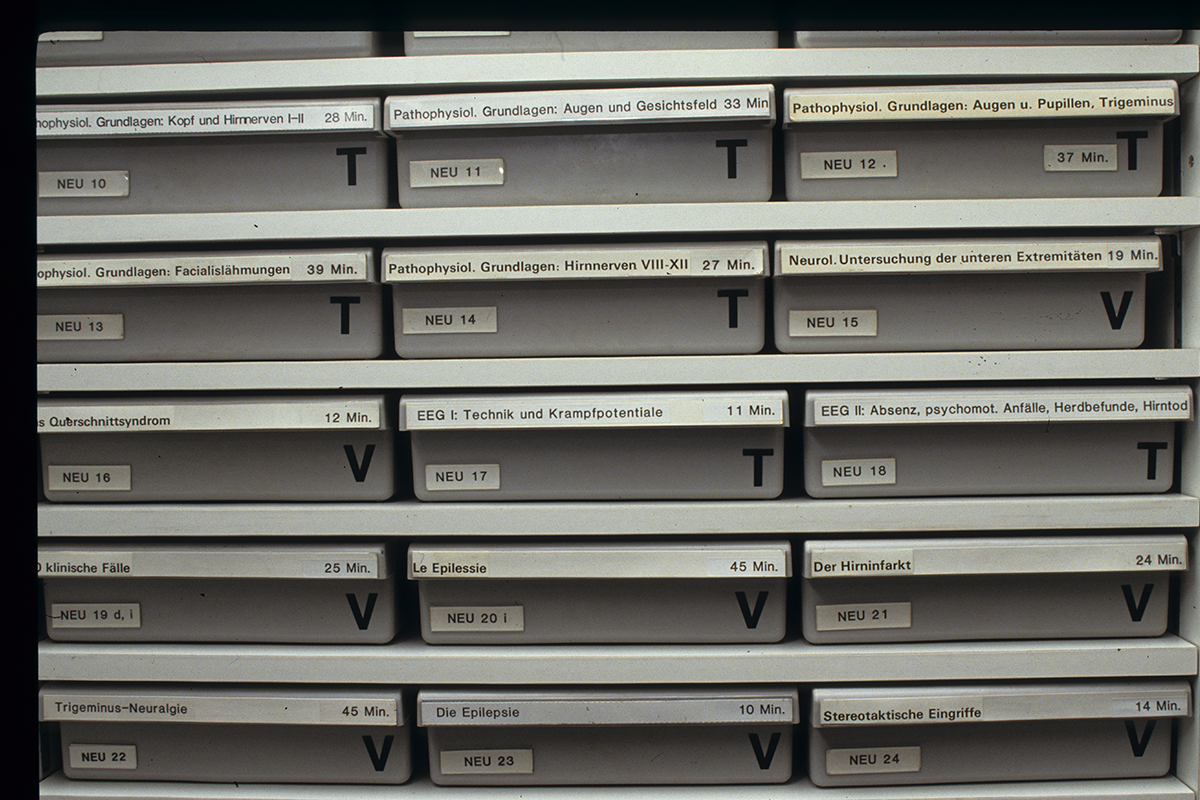
Boxes with audio-visual displays (T) and videos (V), self-service in the learning centre -
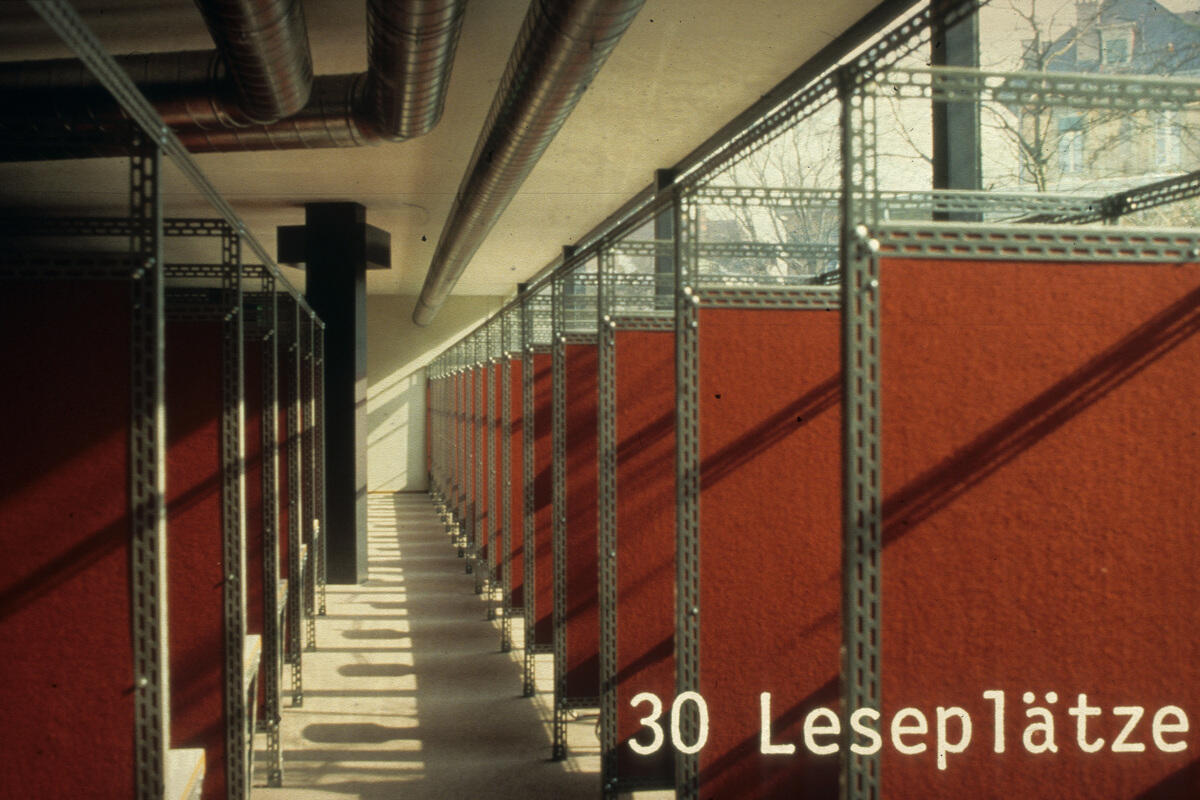
Individual learning bunks in the learning centre -
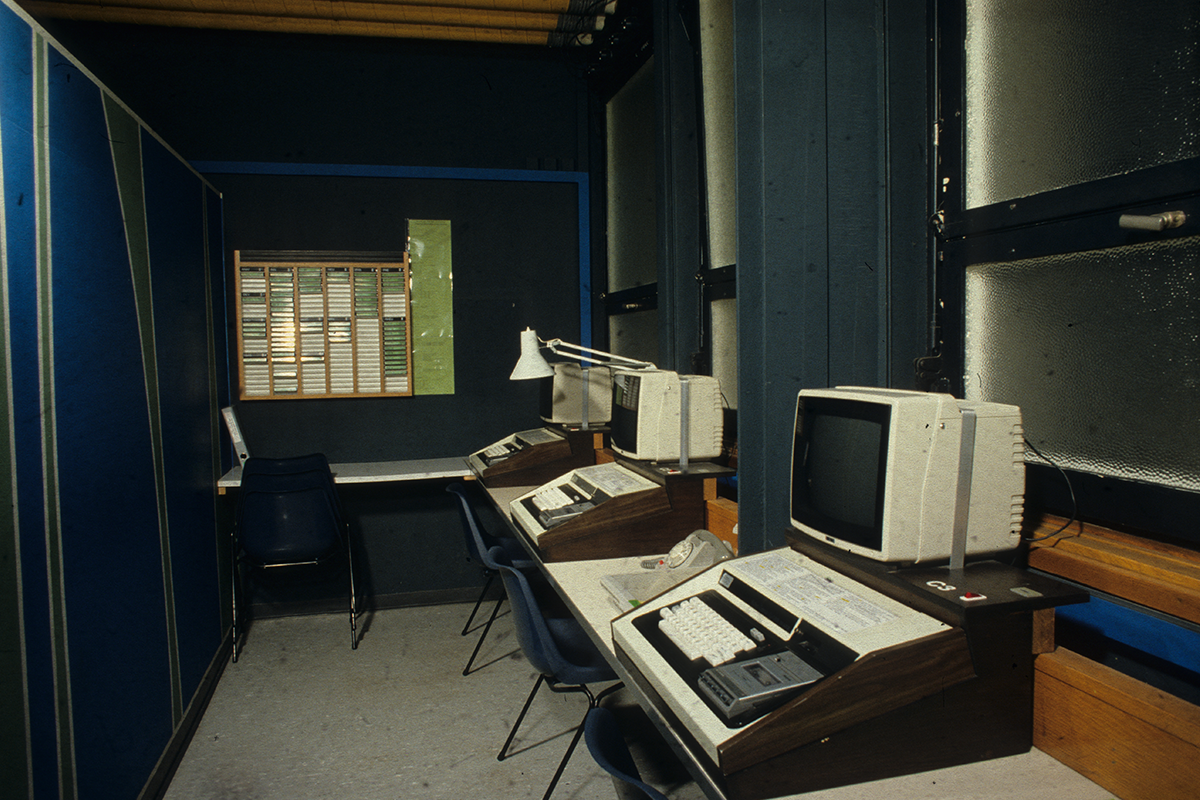
First computer learning station -
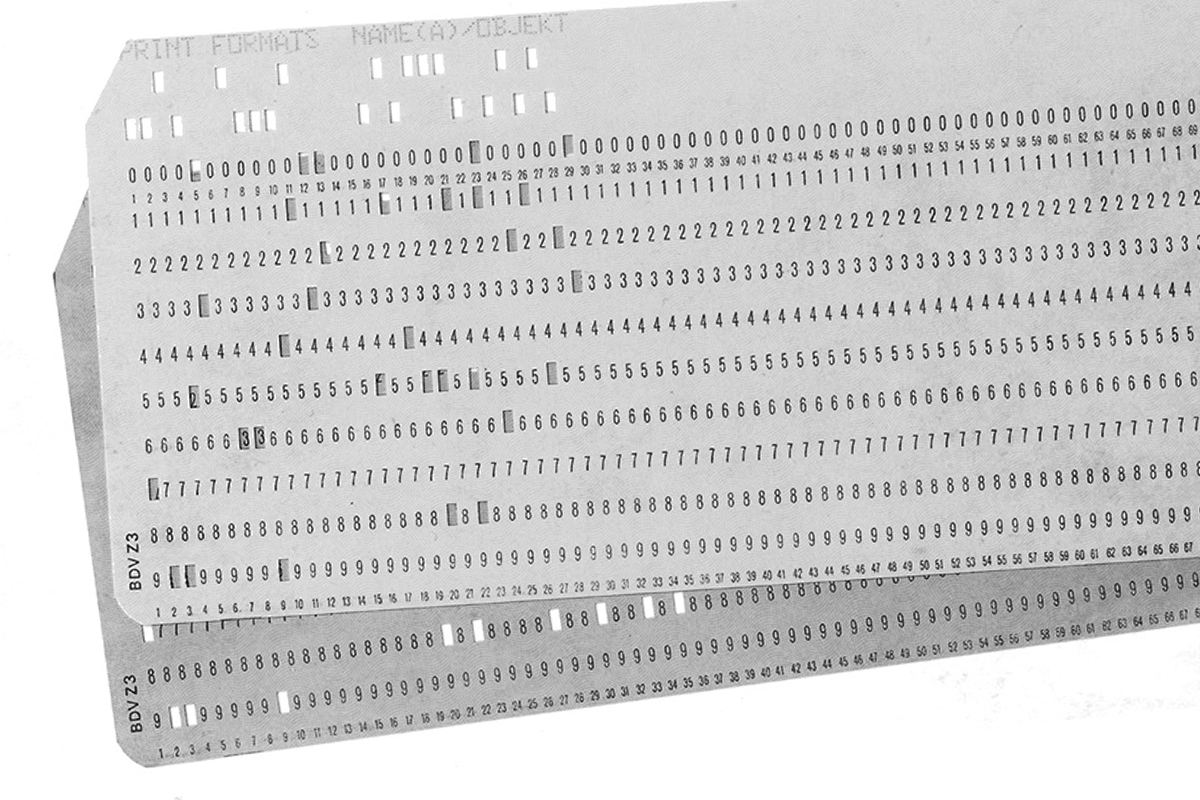
Example of punch cards for exam -
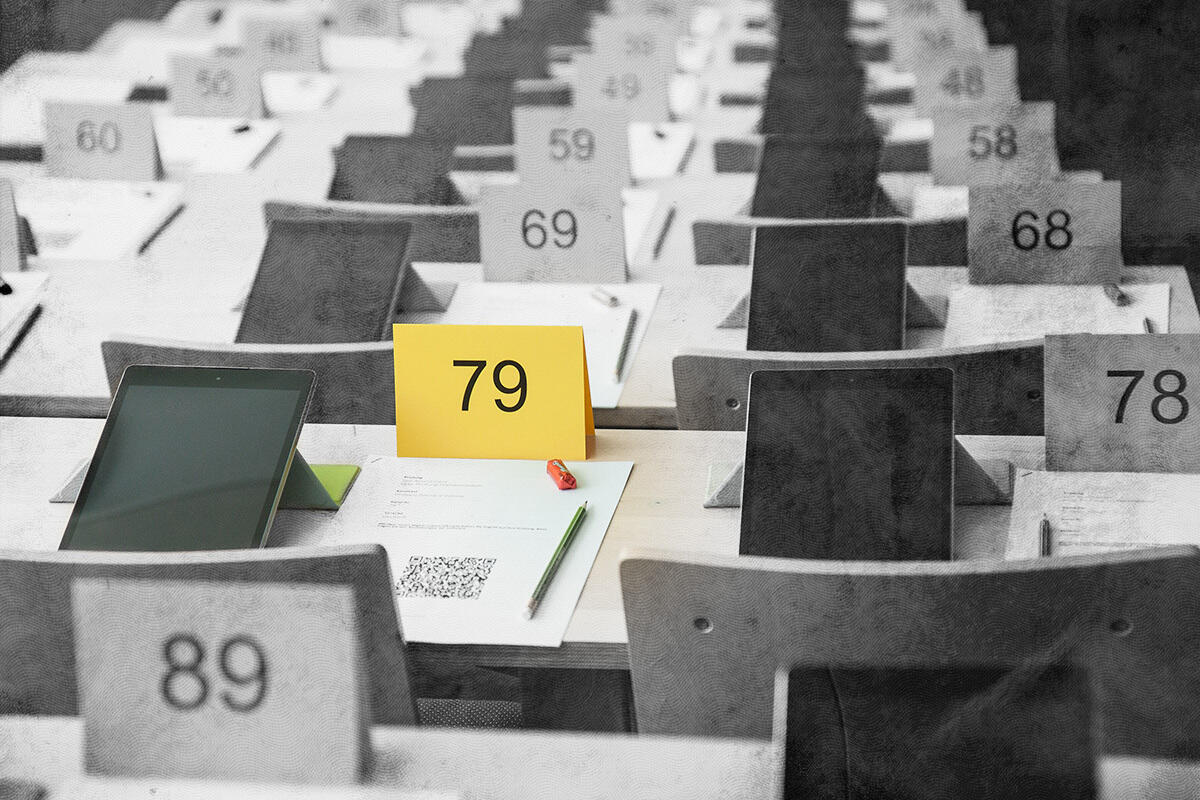
Exam with tablets -
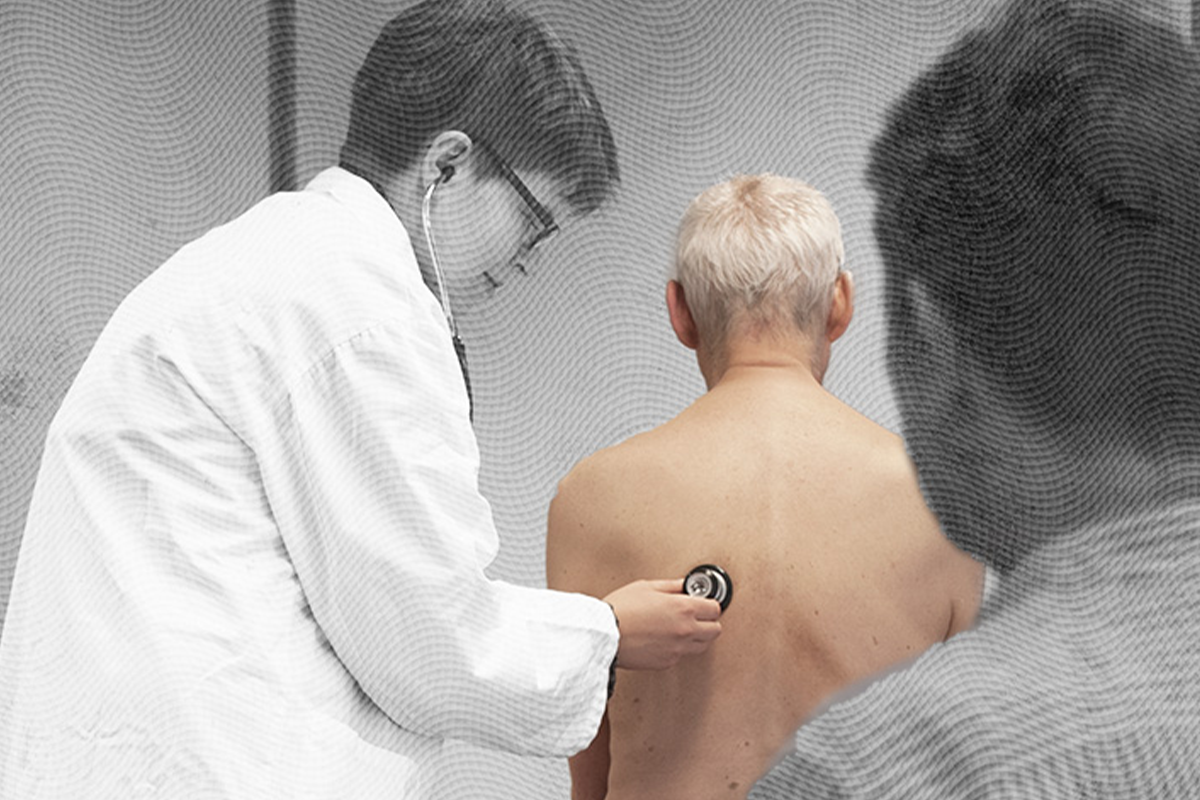
Example of practical assessment -
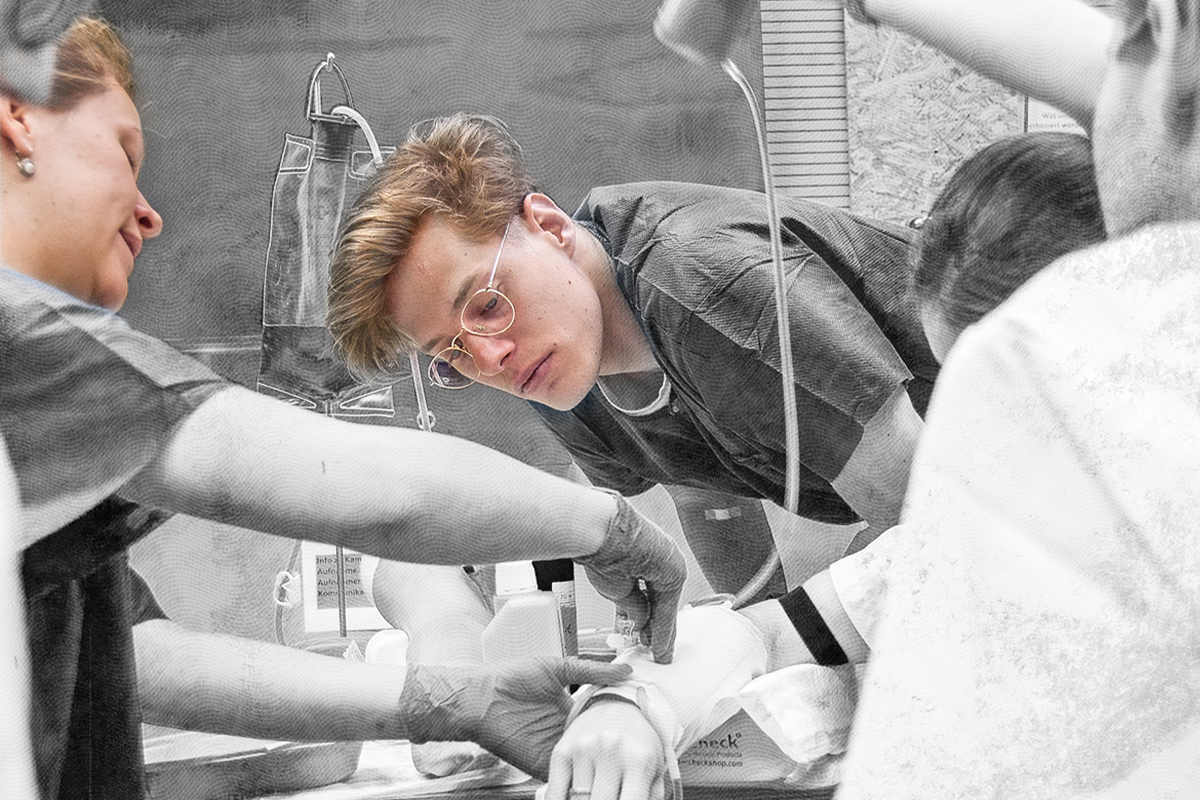
Example of a learning situation in the BiSS (Bern Interdisciplinary Skills and Simulation Centre at UniZiegler) -
